Special Report
50 Most Popular Restaurants That Won’t Reopen After the Pandemic
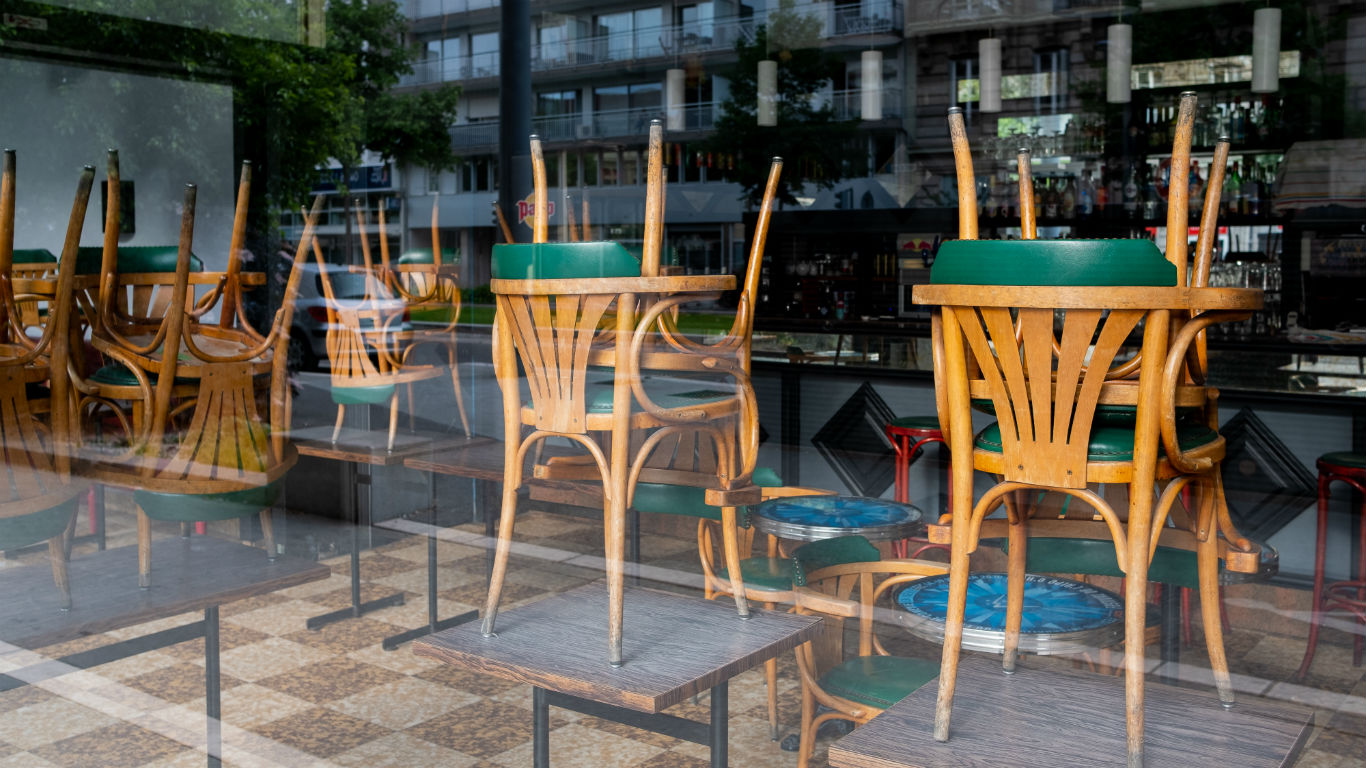
Published:

Are things looking up on the American dining scene? Possibly. Credit rating agency Moody’s Investors Service has just upgraded its restaurant industry prognosis from “negative” to “stable,” as seating capacity limits and other restrictions are being lifted around the U.S.
In addition, surprisingly enough, new restaurants continue to open, even as COVID-19 cases spike in many parts of the country. According to a Yelp Q3 Economic Average report, approximately 6,600 eating places debuted each month in August and September — about the same number as last year.
Some restaurants are even coming back from the dead. For instance, the 27-year-old late-night L.A. diner Swingers, which was included in 24/7 Tempo’s list of permanent closures after it shut down in April, has just reopened under new owners.
That’s the good news. On the other hand, before the pandemic hit, the National Restaurant Association (NRA) predicted that 2020 sales across all food service categories would reach almost $900 billion. It now looks like that figure will be closer to $660 billion, a substantial shortfall. And even as new places open, many popular restaurants of every kind continue to close their doors permanently, from fast food outlets to neighborhood coffee shops to bistros and temples of haute cuisine. We might start seeing closings even among the highest rated restaurants in America.
Longevity is no protection from the effects of the COVID-19 downturn. Austin’s 40-year-old vegetarian icon Mother’s Café and Garden has served its last vegan tofu lasagna; the 99-year-old Pacific Dining Car in Los Angeles has grilled its last rib eye. Celebrity chefs can’t always keep the lights on, either: Wolfgang Puck has just shut down his third restaurant for pandemic-related reasons.
Popular family-oriented cafeteria chains like Luby’s in Texas and Country Cookin in Virginia have gone out of business, too, and the nationwide Ruby Tuesday’s chain has filed for bankruptcy and is closing some 185 locations. (It isn’t just restaurants that are in trouble, of course. These are American businesses that might not survive the coronavirus.)
Click here for the 50 most popular restaurants that won’t reopen after the pandemic
Since May, 24/7 Tempo has been tracking permanent restaurant closures across the country, with biweekly updates. This latest report covers popular establishments in 26 states. Those whose major cities have particularly vibrant food scenes — like California, Illinois, and New York — seem to have been affected disproportionately. Every state has suffered, however, and more permanent closings, unfortunately, will continue to be added to this list.
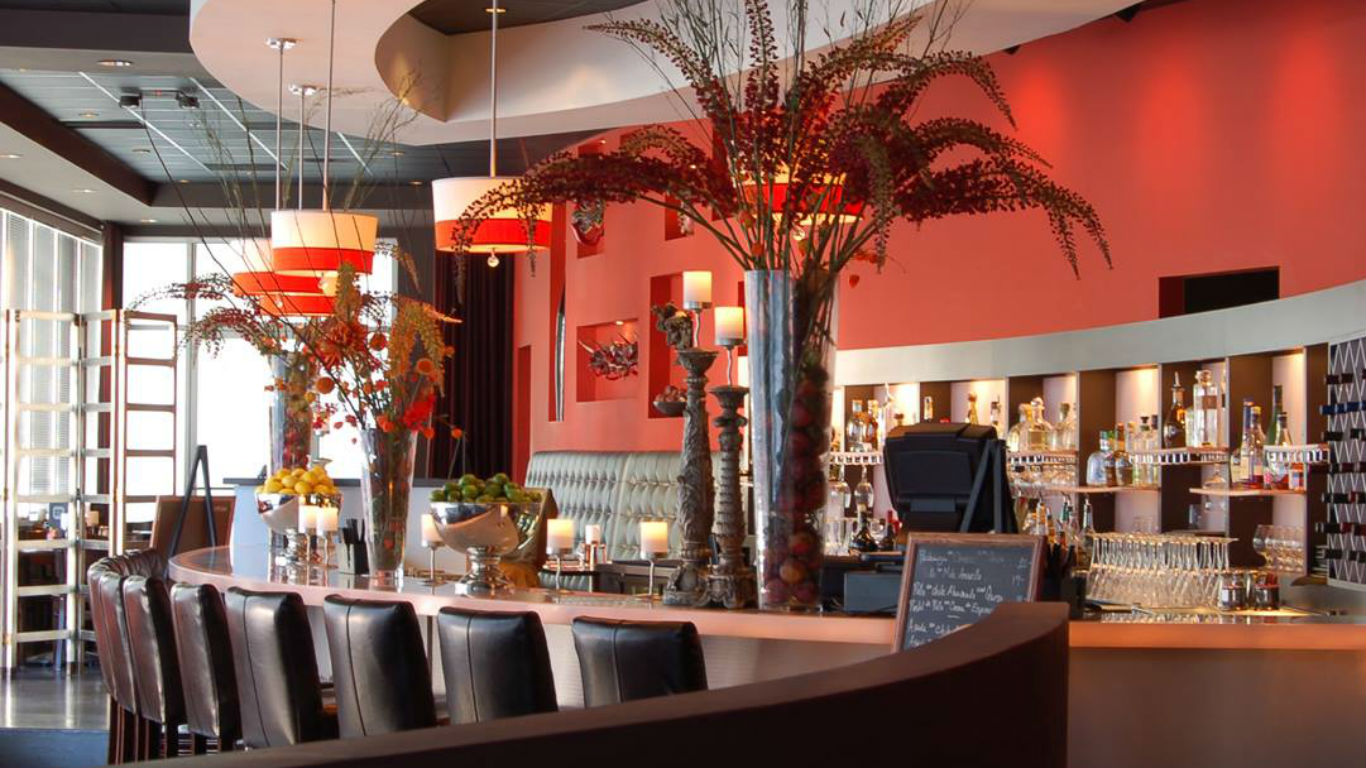
Arizona: Café Poca Cosa
> Location: Tucson
Variously described by local media as “world-renowned” and a “landmark,” this Tucson Mexican institution was born in the mid-1980s at a different location, moving to larger quarters in 1989. It is now closed for good. A statement on the restaurant’s website quotes proprietor Suzana Davila as saying that after “months of conversation and consideration” with her children, she has decided that remaining open is unfeasible. She blames “the impact of a world pandemic that did not discriminate even with the most successful of businesses.”
[in-text-ad]
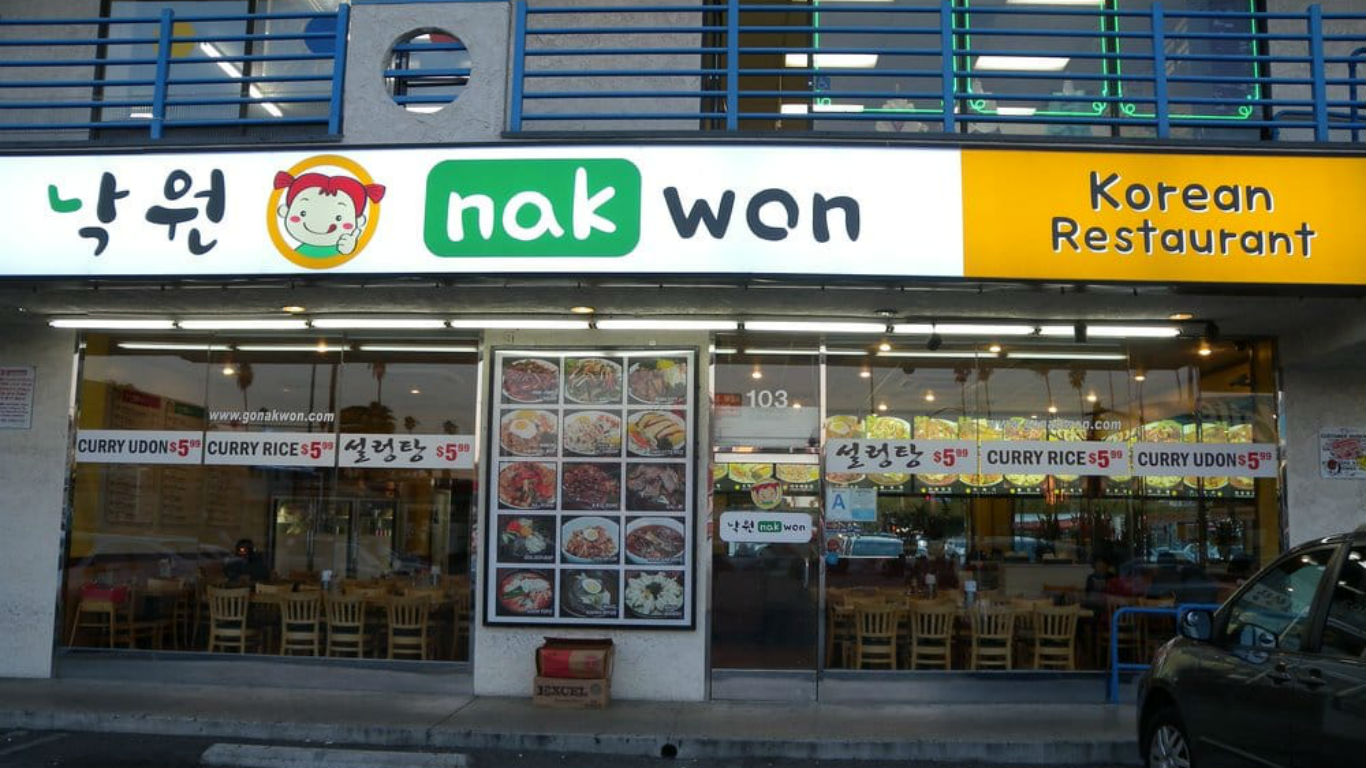
California: Nak Won House
> Location: Los Angeles
For 34 years, this modest strip mall eatery served Korean comfort food to Koreatown locals and visitors alike. Featuring “bunsik,” a term encompassing a variety of snacks and other inexpensive dishes, Nak Won is said to have introduced many diners to Korea’s cuisine. Unfortunately, it served its last meal on Sept. 30 — due, according to a statement issued by the restaurant, “to unforeseen financial circumstances from COVID-19.”
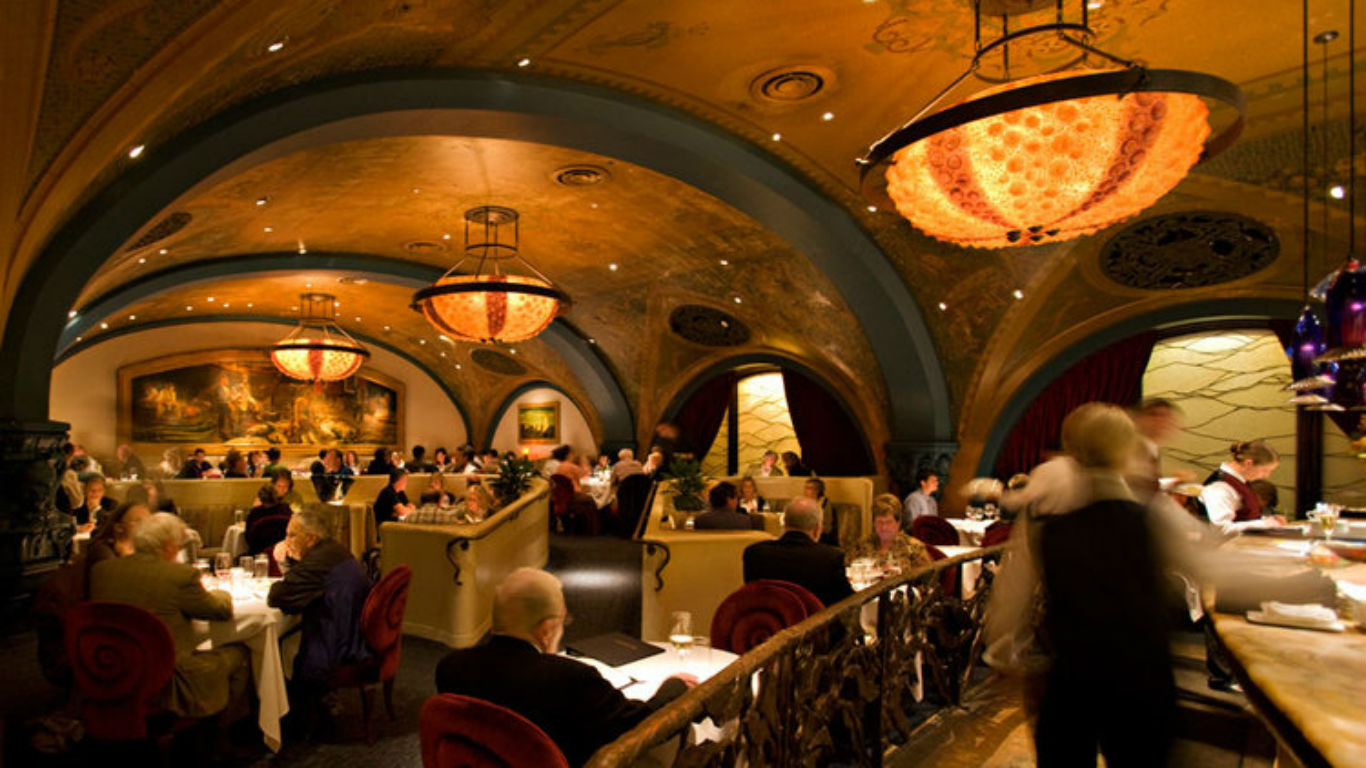
California: Farfallon
> Location: San Francisco
Described by the San Francisco Chronicle as a “fantastical seafood restaurant,” Farfallon’s over-the-top decor included jellyfish lamps hanging from the ceiling, octopus stools, and a staircase covered with 50,000 iridescent blue marbles. But now the restaurant has called it quits. The 23-year-old establishment has been closed since March, and co-owner Pete Sittnick told the Chronicle that “It was just not going to make sense given all the ramifications of the pandemic for Farallon to try to reopen either as it was — as a fine-dining restaurant with a lot of seats — or to try to think about how to pivot the restaurant.”
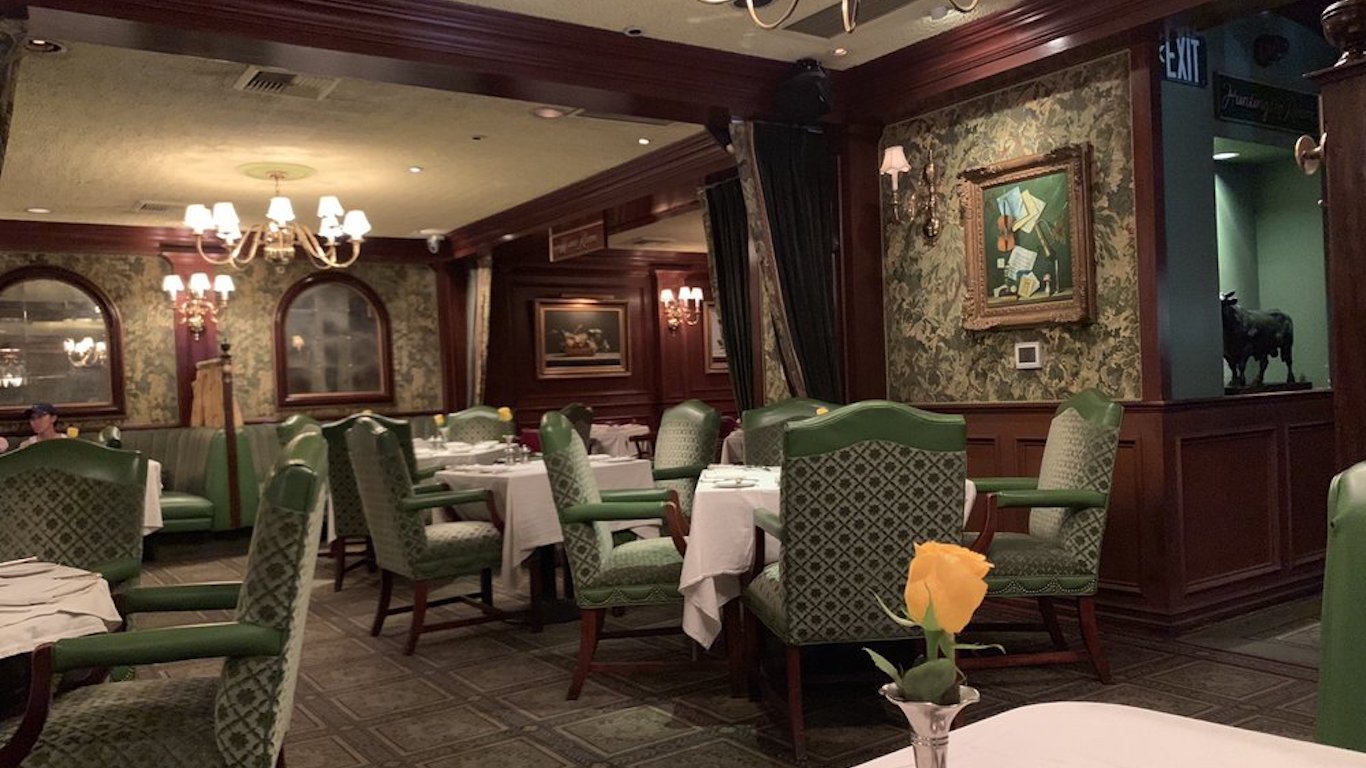
California: Pacific Dining Car
> Location: Los Angeles
This legendary steakhouse’s 30-year-old Santa Monica offshoot closed for good in June. Now it’s the original’s turn. Almost a century old (it was founded in 1921), this downtown landmark was open 24 hours a day, seven days a week. It was famous for serving customers of every description, dressed in everything from black tie to beach togs. An article two years ago in the Los Angeles Times noted that servers have “waited on strippers, dispensary owners and the San Antonio Spurs.” A statement on the restaurant website says, “We’re taking a beat to assess what next steps are regarding COVID-19 city mandates” — but the Dining Car’s furniture, equipment, and memorabilia are being sold off at auction, and owner Wes Idol says that the operation is switching to online sales only.
[in-text-ad-2]
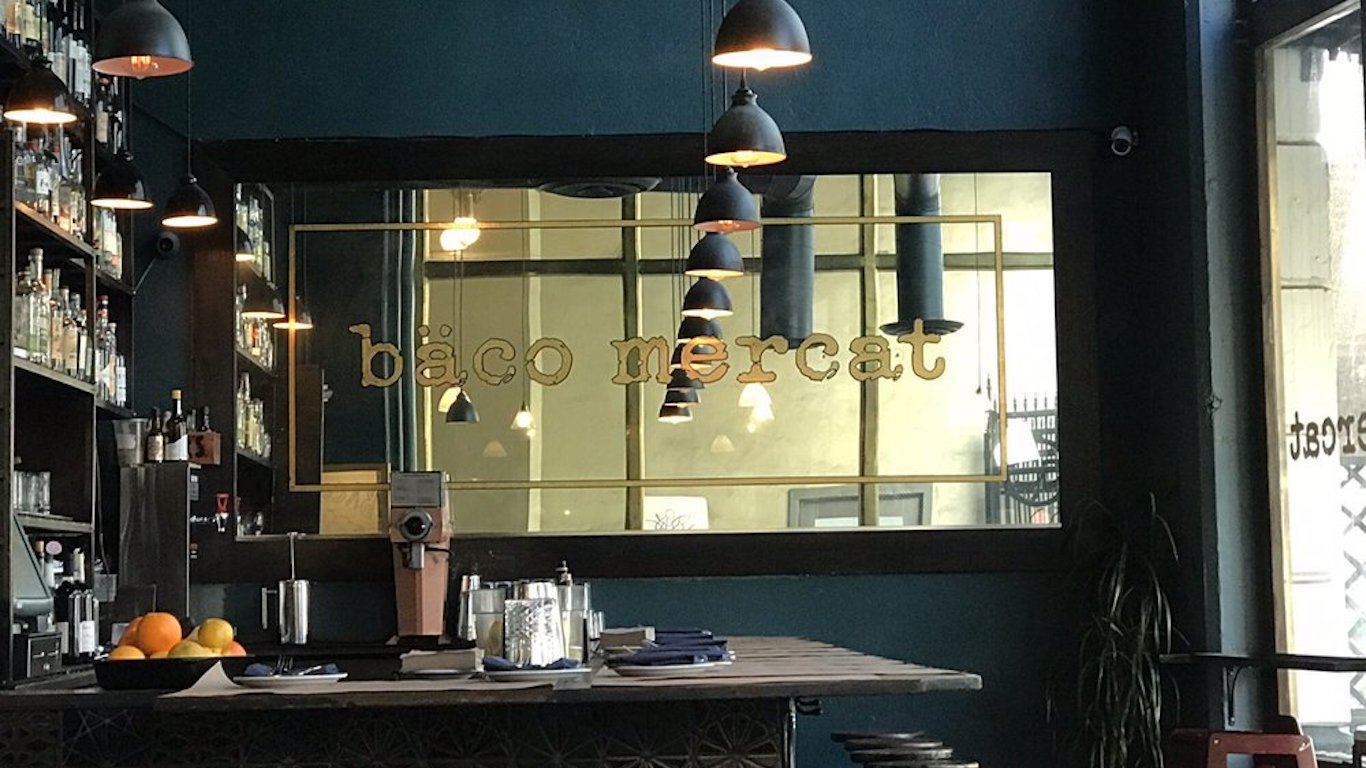
California: Bäco Mercat
> Location: Los Angeles
In what Time Out described as “a shocking turn,” noted Los Angeles chef-restaurateur Josef Centeno — whose other establishments, Orsa and Winston, has a Michelin star — closed Bäco Mercat early in Aug. Known for its flatbread sandwiches, fried chicken, and seasonal small plates, the establishment is credited with having kicked off the lively downtown L.A. dining scene when it opened in 2011. “I’m not one for dwelling too much on anything,” wrote Centeno philosophically in a statement on the restaurant’s Instagram page when he announced its closing. “I know that there is always a beginning, a middle and an end.”
California: Din Tai Fung
> Location: Arcadia
This highly acclaimed international dumpling and noodle house chain, founded in Taiwan in 1972, opened this, its first North American location, in 2000. Now it’s gone. A post on the restaurant’s Instagram page reads, “As a result of the current economic climate, we have made the difficult decision to permanently close…” Southern Californians will still be able to enjoy Din Tai Fung’s famous xiao long bao — better known as soup dumplings — and other specialties at the chain’s Century City and Santa Anita locations.
[in-text-ad]
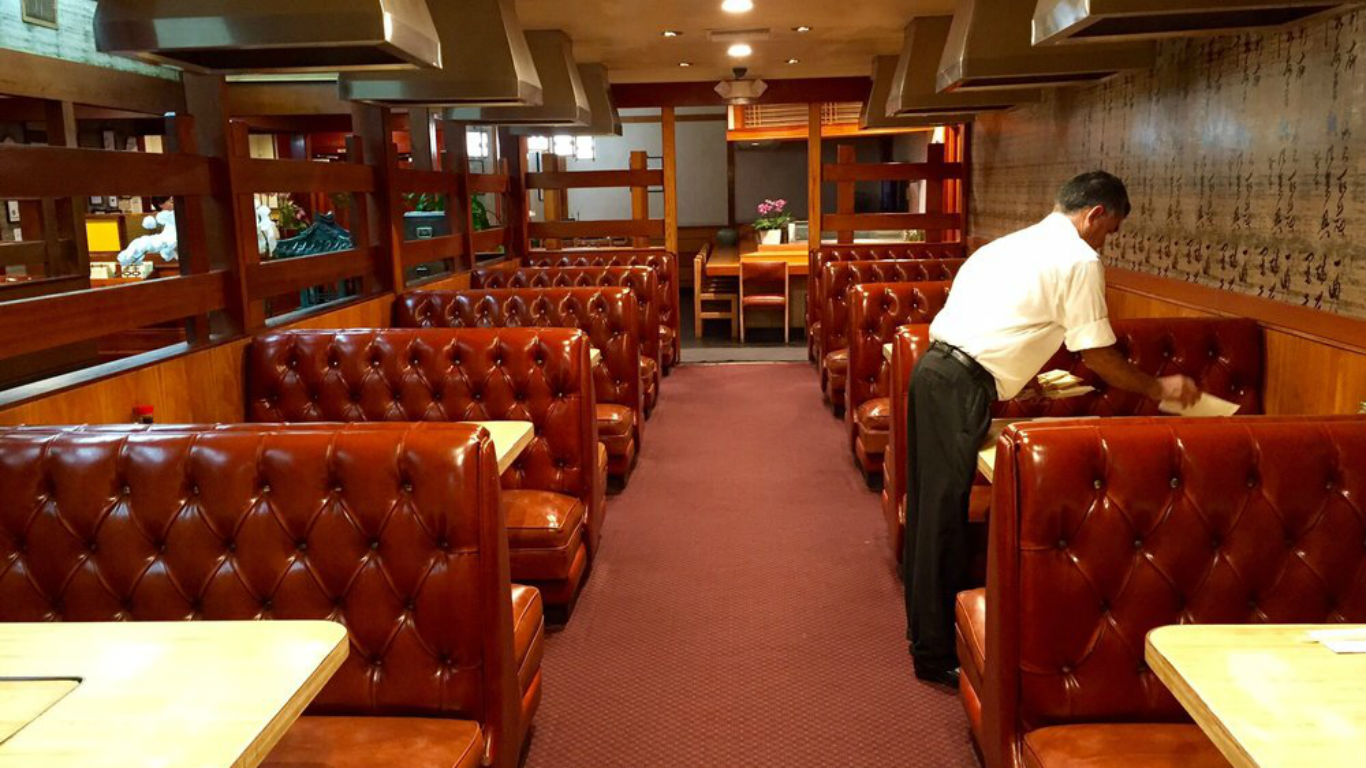
California: Dong Il Jang
> Location: Los Angeles
Los Angeles is home to the world’s largest Korean community outside Korea itself, and its ever-growing Koreatown neighborhood has long been famous for its many restaurants, serving both traditional and modern Korean fare. Dong Il Jang was one of the oldest of these, launched 41 years ago. In announcing on Instagram that this year was their last, the owners wrote, “Over the four decades we have been through many difficult situations but the Covid-19 pandemic has made it very difficult for us to survive …”
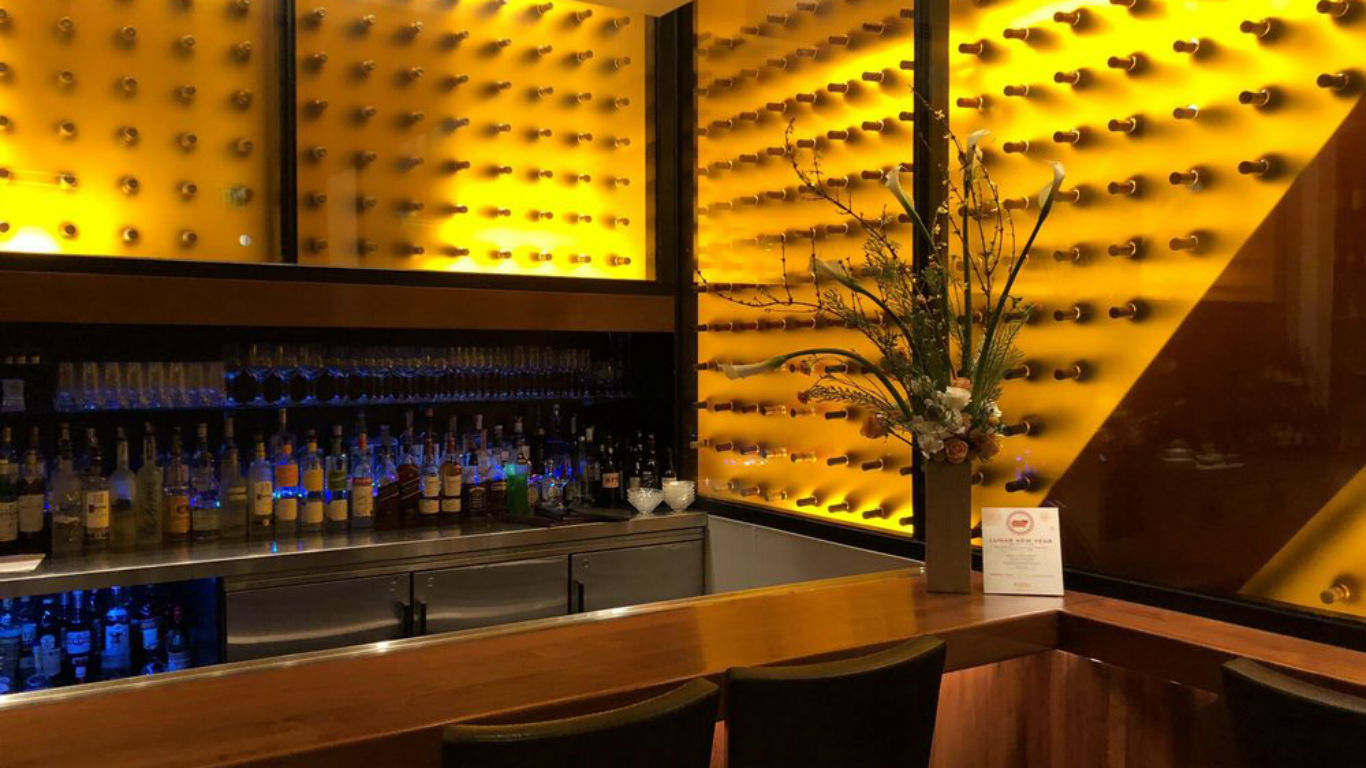
California: Patina
> Location: Los Angeles
German-born, French-trained chef Joachim Splichal opened the original Patina in Hollywood in 1989, moving it downtown to the Frank Gehry-designed Walt Disney Concert Center in 2003. Patina eventually spawned an empire of more than 50 other restaurants in five states and Japan, and while Splichal no longer owns the Patina Restaurant Group, the original had remained his flagship. Though no official announcement of its closing has been made, employees recently received letters of termination, effective Aug. 15, and the restaurant no longer appears on the group website.
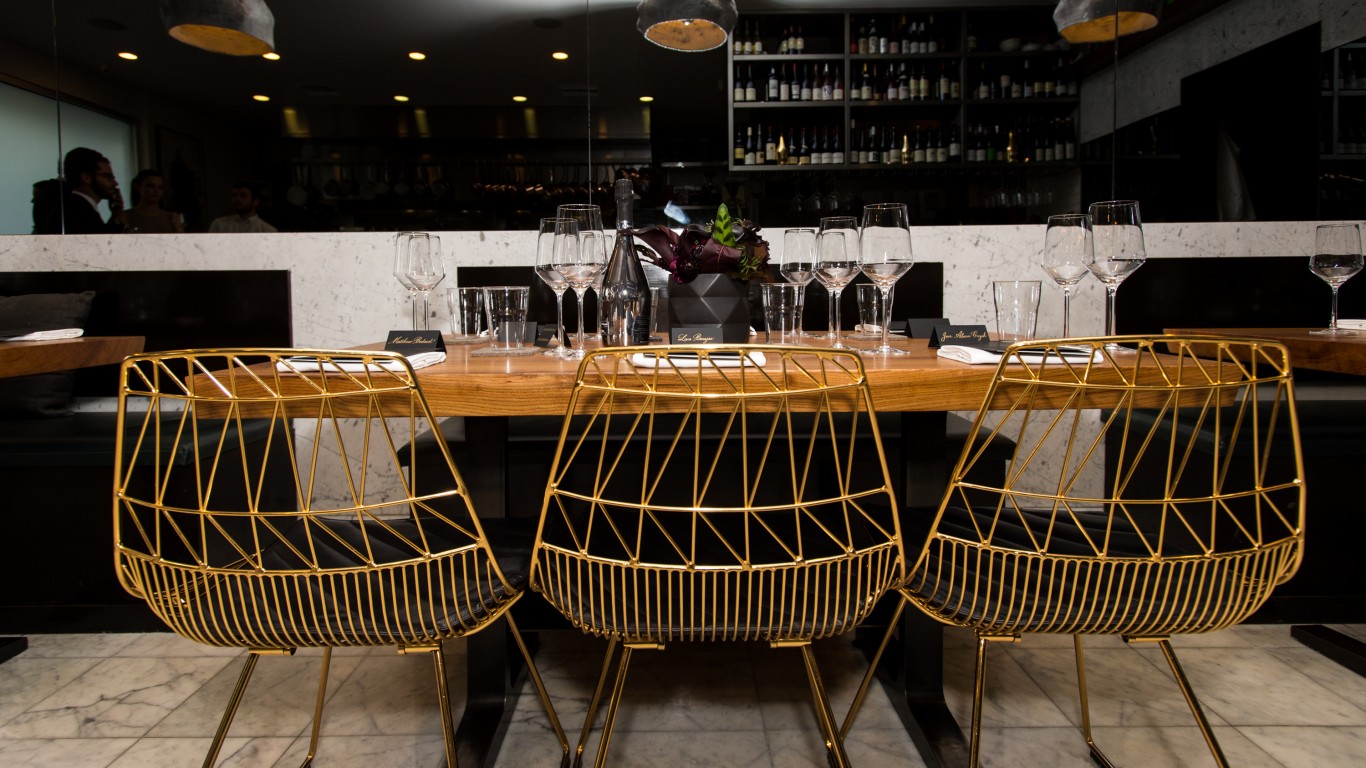
California: Trois Mec
> Location: Los Angeles
According to the New York Times, the proprietors of this hole-in-the-wall tasting-menu restaurant — French chef Ludo Lefebvre and his American colleagues Jon Shook and Vinny Dotolo (of the popular Animal and Son of a Gun) — “are surely among the most influential restaurateurs” in L.A. Unfortunately, neither their prominence nor their Michelin star helped them survive the pandemic. “Covid-19 has changed everything,” Lefebvre wrote on his Instagram page, adding, “I had to accept the reality that it was time to let the idea of reopening Trois Mec go.”
[in-text-ad-2]
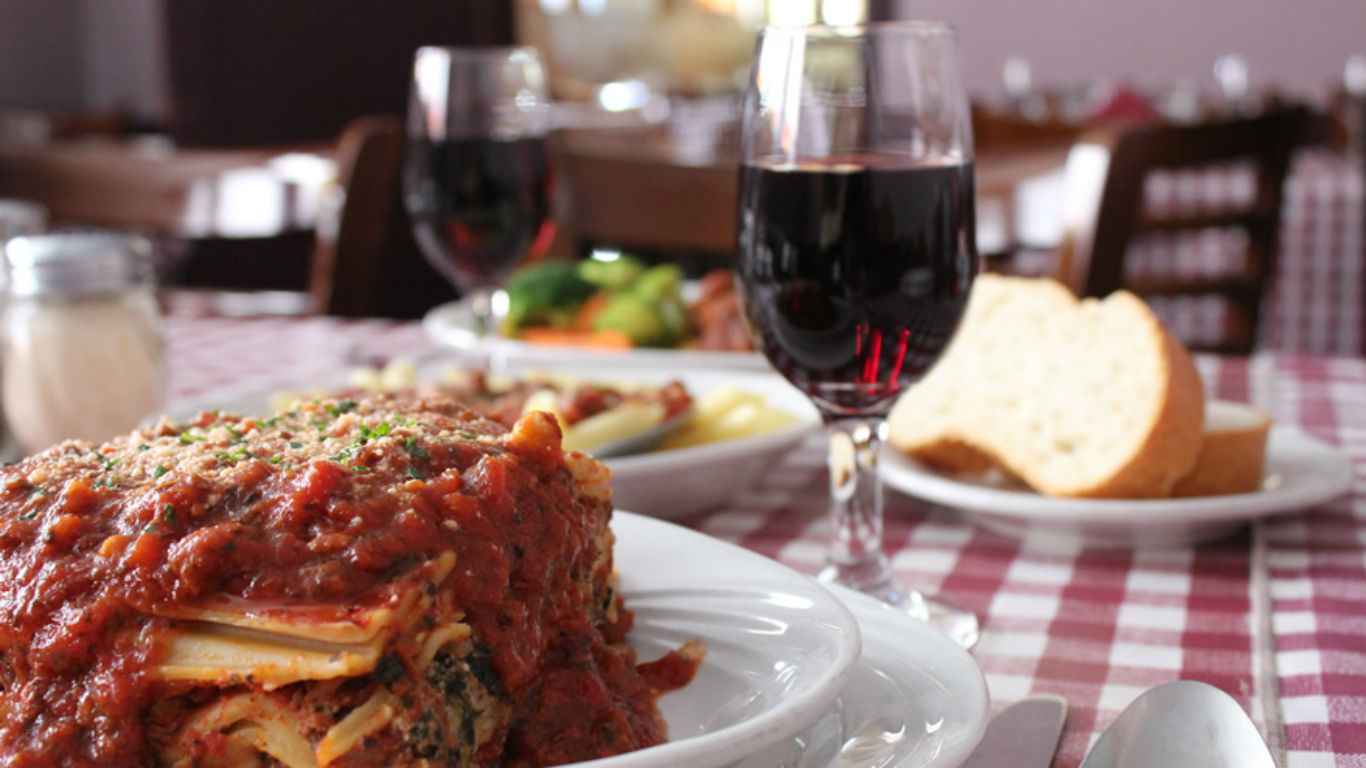
California: Español Italian
> Location: Sacramento
Español Italian Restaurant — the oldest continuously operating restaurant in the state capital, opened in 1923 — has announced that it has permanently ceased operations. Originally, the dining room at the Hotel Español, or Spanish Hotel, was known for Basque food. When the Luigi family bought it in 1959, they switched to Italian fare, moving the place to its current location in 1965. Looking at the books in early July, co-owner Perry Luigi told Valley Community Newspapers, he “kind of made the decision that we can’t stay open another month or everything will be gone.”
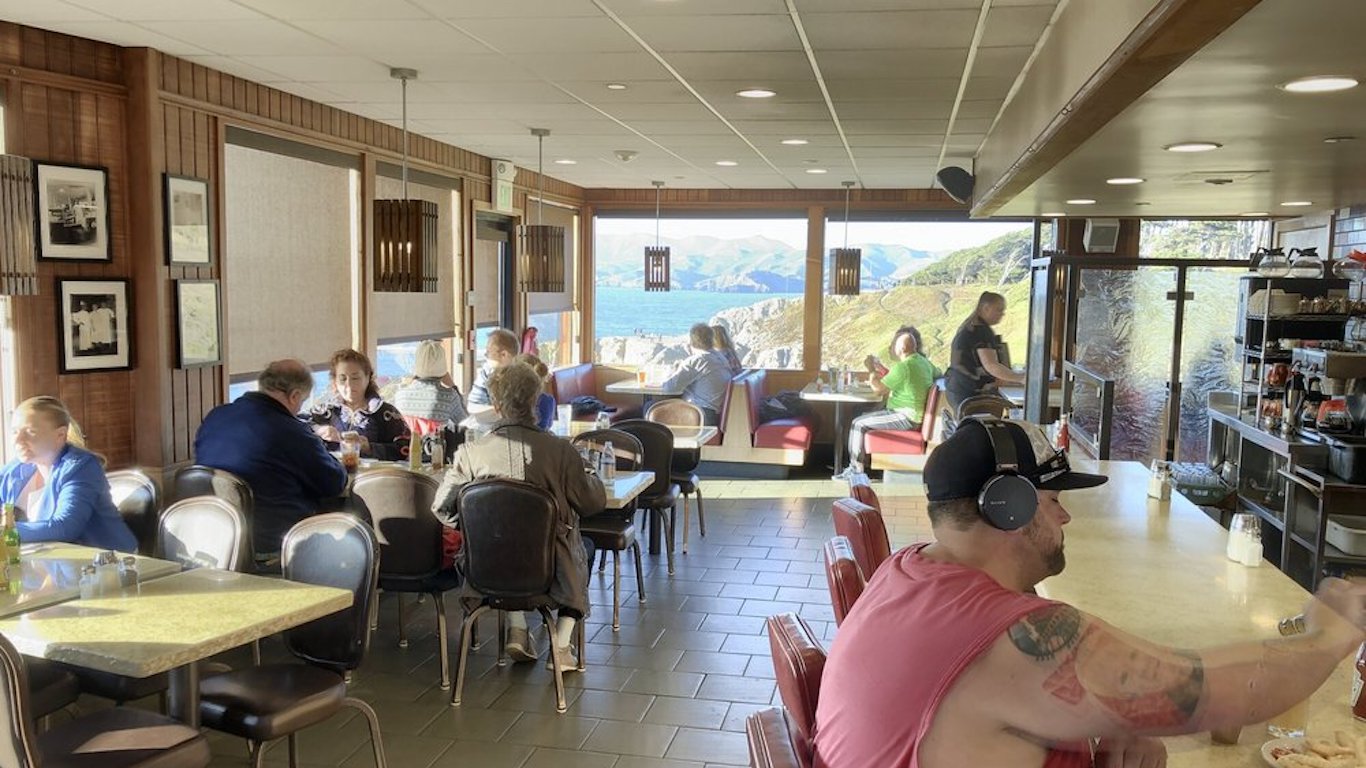
California: Louis’
> Location: San Francisco
A San Francisco restaurant icon that opened in 1937 above the remains of the historic 1894-vintage public swimming complex called Sutro Baths, Louis’s is no more. The owners — grandchildren of the original owners — posted a message on the restaurant Facebook page in mid-July reading in part “After much deliberation and a lot of tears we have decided after 83 continuous years of business…to close our business permanently.”
[in-text-ad]
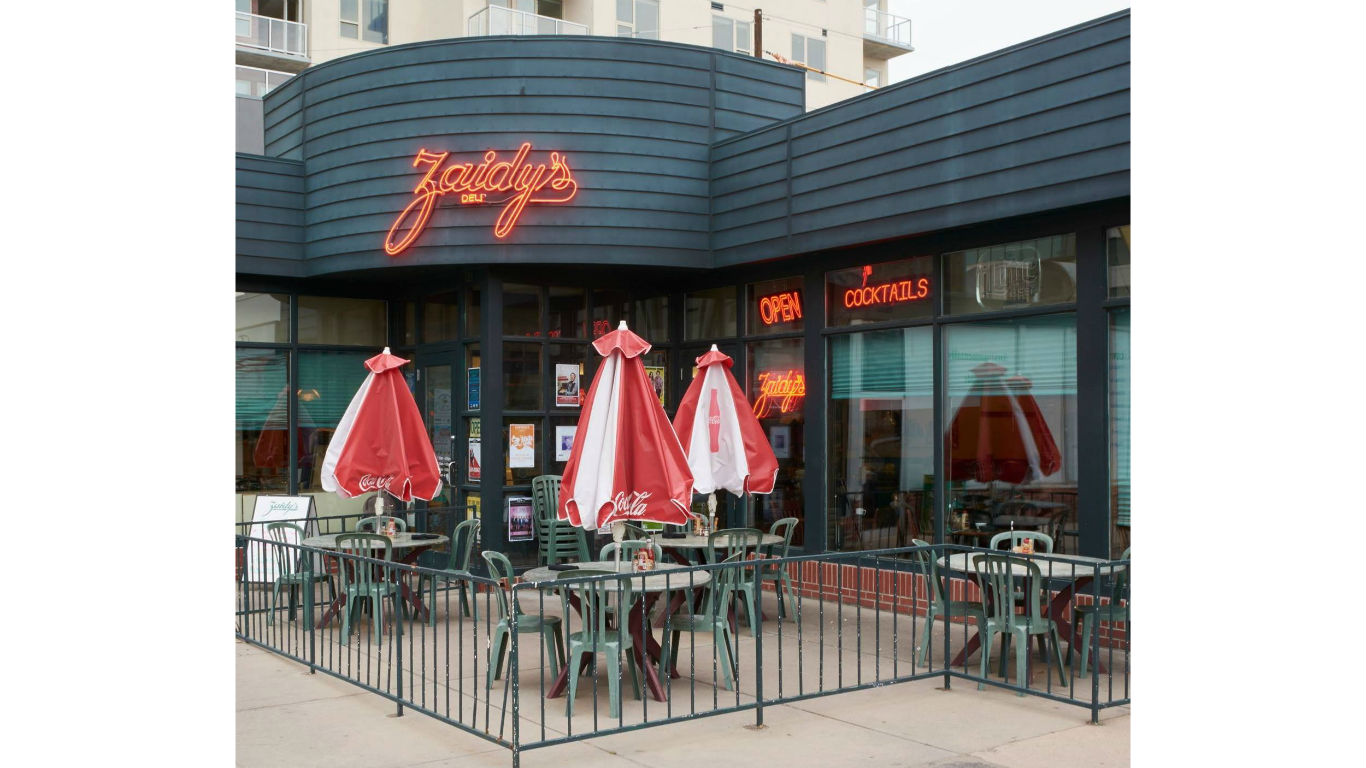
Colorado: Zaidy’s Deli
> Location: Denver
Opened in 1992 in Denver’s Cherry Creek neighborhood, Zaidy’s became a go-to place for Reuben sandwiches and other classic deli fare. In announcing that it is now “closing its doors indefinitely,” a statement from the owners on the deli website explained that they had “made the decision to stop compromising the integrity and quality of our renowned Jewish comfort food in order to stay open, no matter how much we wish we could.”
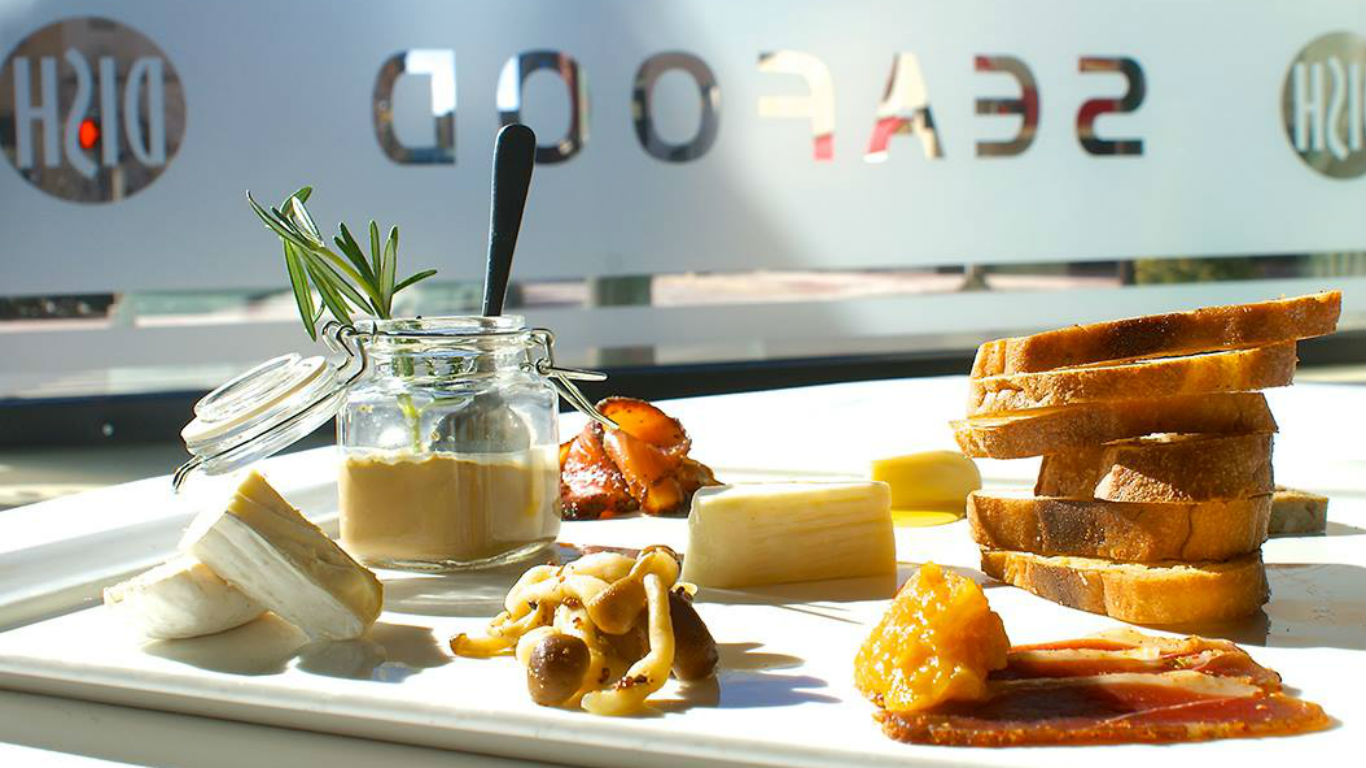
Connecticut: Dish Bar & Grill
> Location: Hartford
A favorite with the downtown business community, originally shut down on a temporary basis in March, Dish announced in August that it was closed for good. Co-owner Bill Carbone told the Hartford Courant that “Without outdoor dining, with the size of the space, and with very little corporate business downtown at this point in time,” reopening “just doesn’t make sense.” He cited the fact that major local employers like insurance companies Aetna and The Hartford have told their workers to stay home until the end of the year as a contributing factor to the decision.
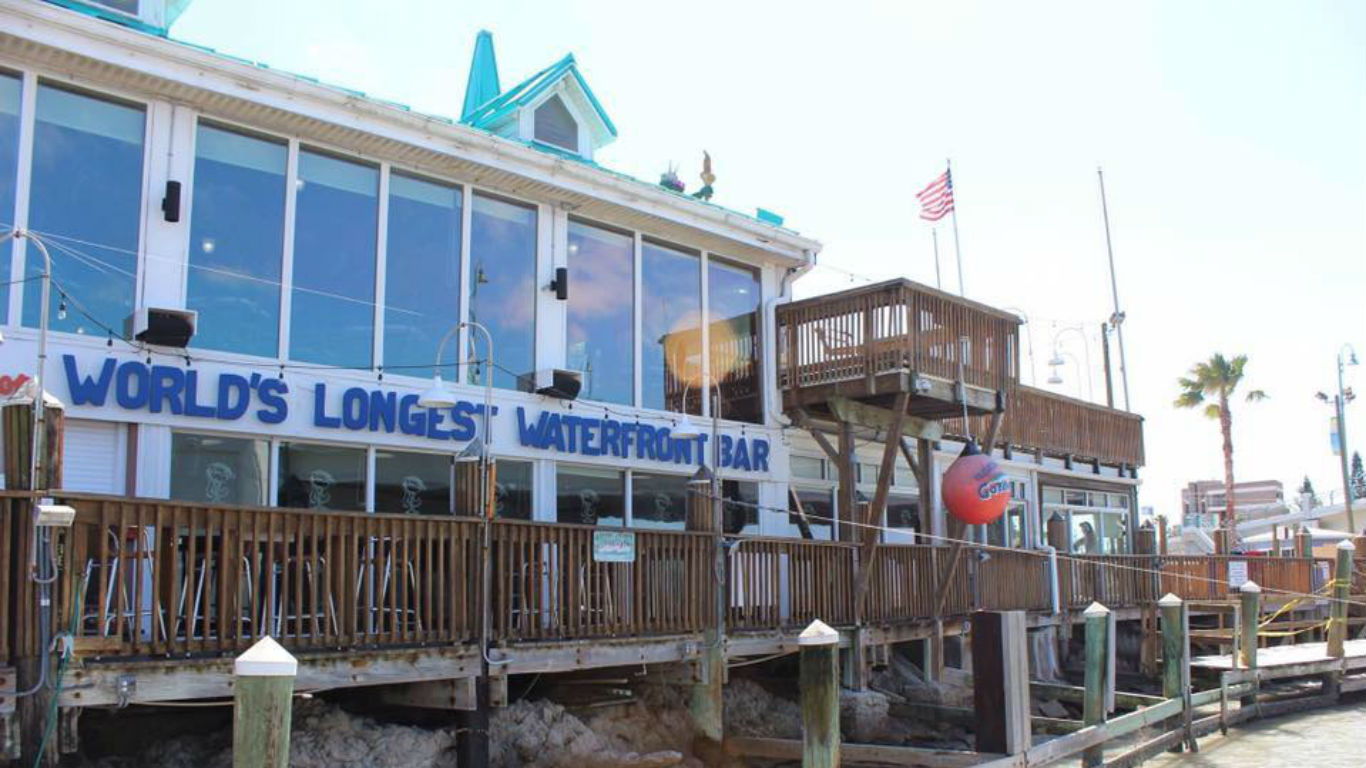
Florida: Gator’s Cafe
> Location: Treasure Island
This 30-year-old waterfront restaurant and sports bar in the John’s Pass Village and Boardwalk complex southwest of Tampa — known for its collection of Florida Gators memorabilia — has been closed since the onset of the coronavirus pandemic in March. Now it has called it quits for good, announcing on its Facebook page in mid-October that “With a heavy heart, we deliver the news that Gator’s Cafe will not be reopening.”
[in-text-ad-2]
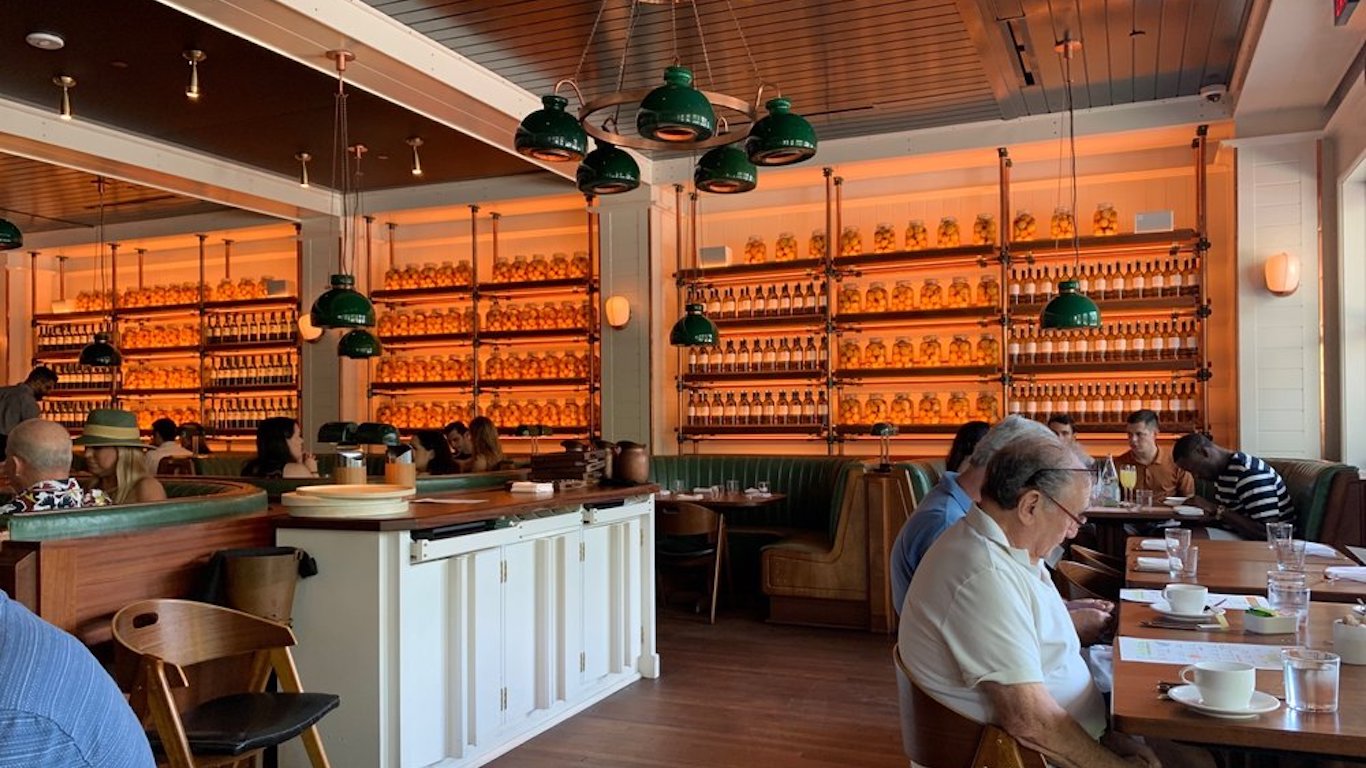
Florida: Upland
> Location: Miami
Philadelphia restaurateur Steven Starr, who operates dozens of acclaimed restaurants in several states, permanently closed this California-style establishment — an offshoot of the popular Upland on Park Avenue in New York City — in early September. Besides shuttering, the restaurant filed for Chapter 11 bankruptcy protection, listing 17 creditors. “The realities of the impact of the pandemic and the gamble on the unknowns of when life will resume left this specific operating entity with little choice,” Starr told the Philadelphia Business Journal.
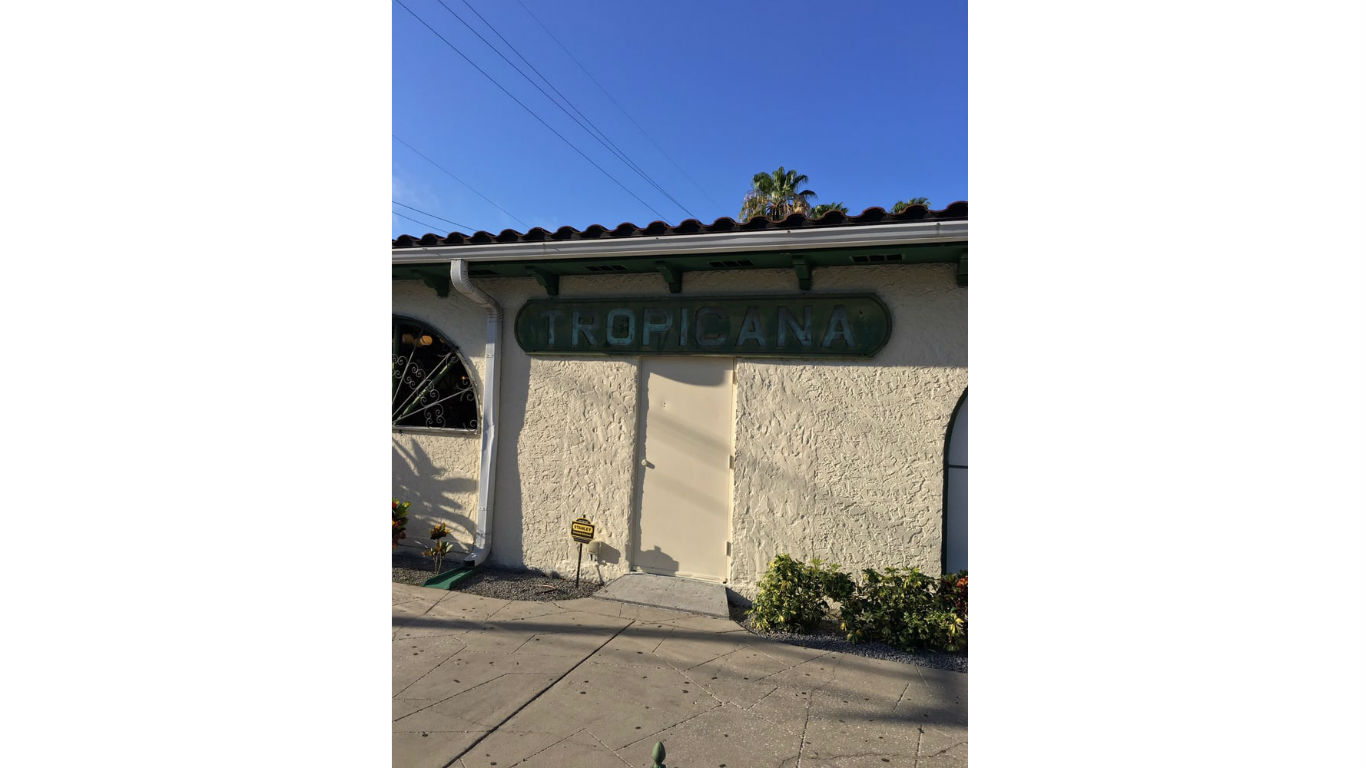
Florida: La Tropicana
> Location: Tampa
Presidents George W. Bush and Jimmy Carter, along with several Florida governors, were among the many customers of this 1963-vintage Cuban café over the years. A focus of public life in Tampa’s historic Ybor City neighborhood, La Tropicana also served a wide range of less famous customers. In explaining why the place was closing down, proprietor Gio Peña told the Tampa Bay Times, “I’d say 80 percent of my regular customers are older people. They are afraid to come out.” He added “We were doing good. Business was steady. And then came COVID.”
[in-text-ad]
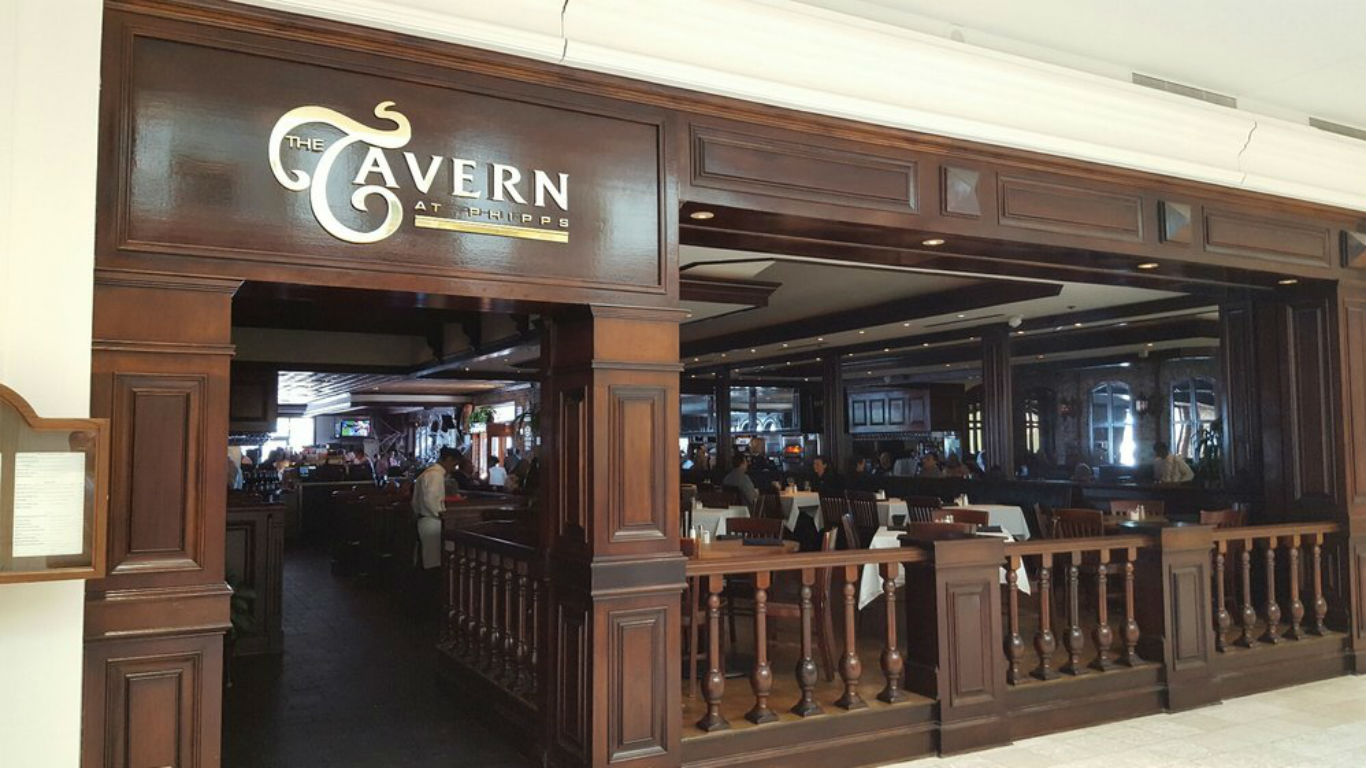
Georgia: The Tavern at Phipps
> Location: Atlanta
“Since 1992,” according to the still-active website of this Buckhead mainstay, known for its sandwiches, steaks, and pasta dishes, “The Tavern at Phipps has served over five million patrons and counting.” The counting stopped in early October, when the place, which shut down initially in March, announced that it would not reopen. While some sources cite a lease dispute with its landlord as having led to its demise, the director of marketing for the restaurant’s parent company told the Atlanta Journal-Constitution that the cause was “timing and the pandemic.”
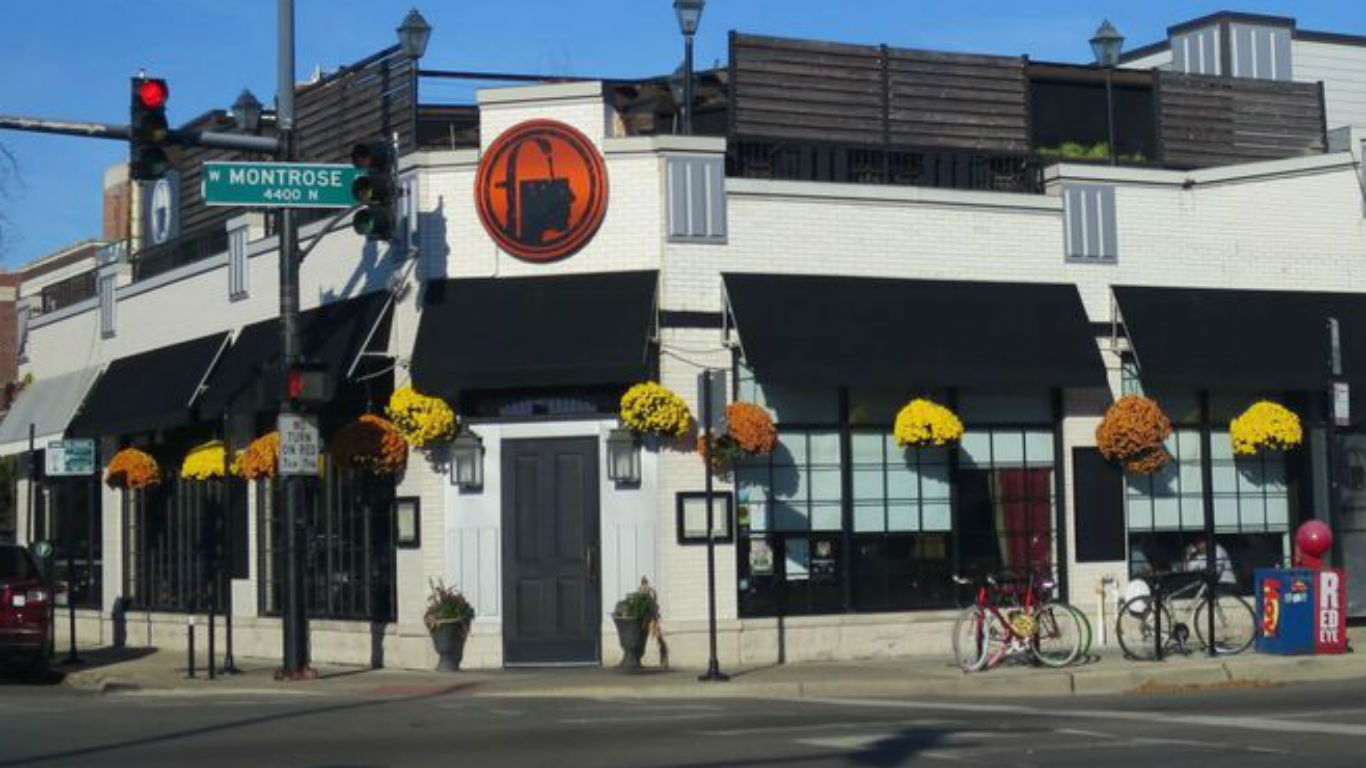
Illinois: Fountainhead
> Location: Chicago
“It is with heavy hearts that we have come to the decision to close Fountainhead effective November 14, 2020,” wrote the owners of this North Side establishment on their Facebook page on Oct. 1. According to Eater, Fountainhead “helped usher the age of the gastropub in Chicago” when it opened in 2010. The restaurant’s Facebook statement went on to say, “We would like to hold out a little bit of hope that if, by chance, the situation changes, we will be able to stay in business.” However, they also admitted that “pressures facing our industry at this time make it financially impossible to operate past the roof deck season.”
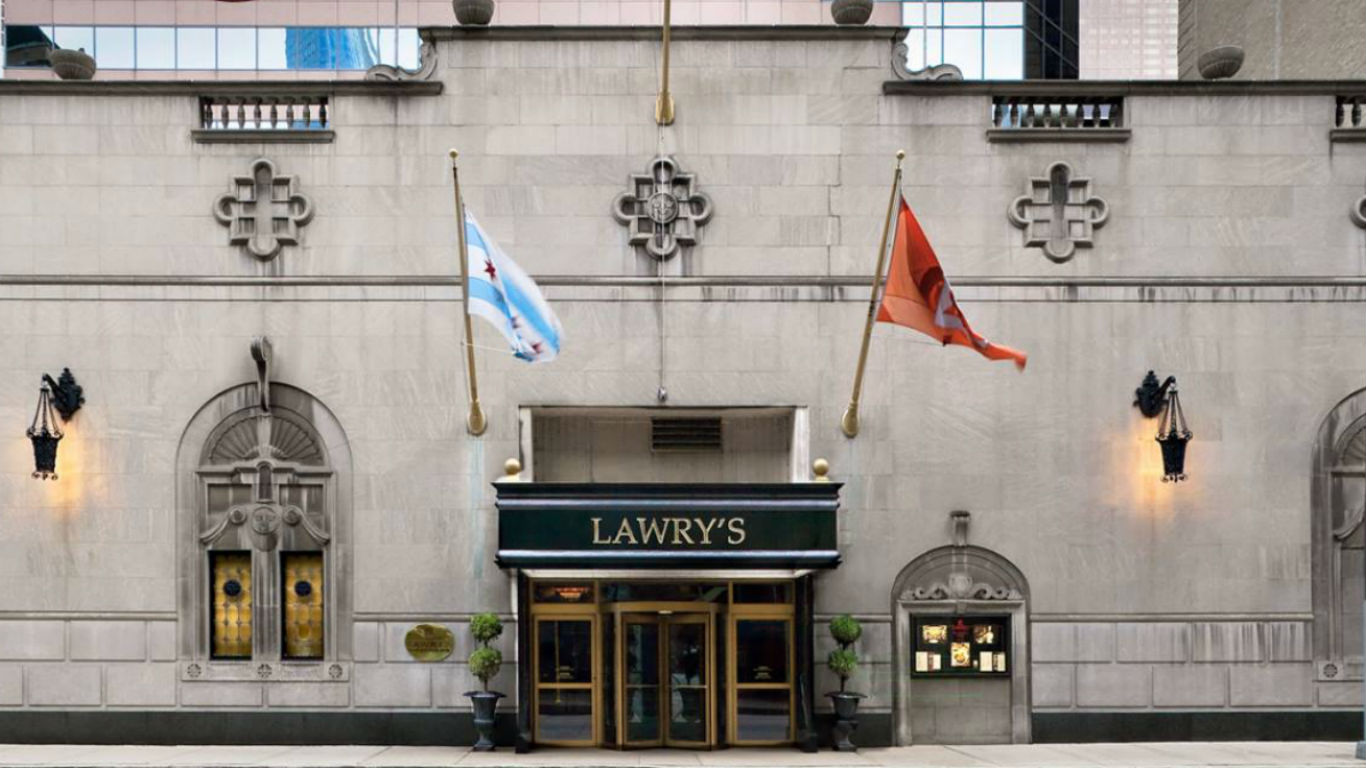
Illinois: Lawry’s the Prime Rib
> Location: Chicago
This branch of the famed 82-year-old California-based steakhouse chain, which opened in 1974 in the historic McCormick Mansion, announced in September that it will cease operations permanently on Dec. 31. Corporate CEO Ryan Wilson told the Chicago Tribune that the pandemic was a contributing factor to the decision, but he also cited the expiration of the current lease and vandalism linked to recent protests in the downtown area.
[in-text-ad-2]
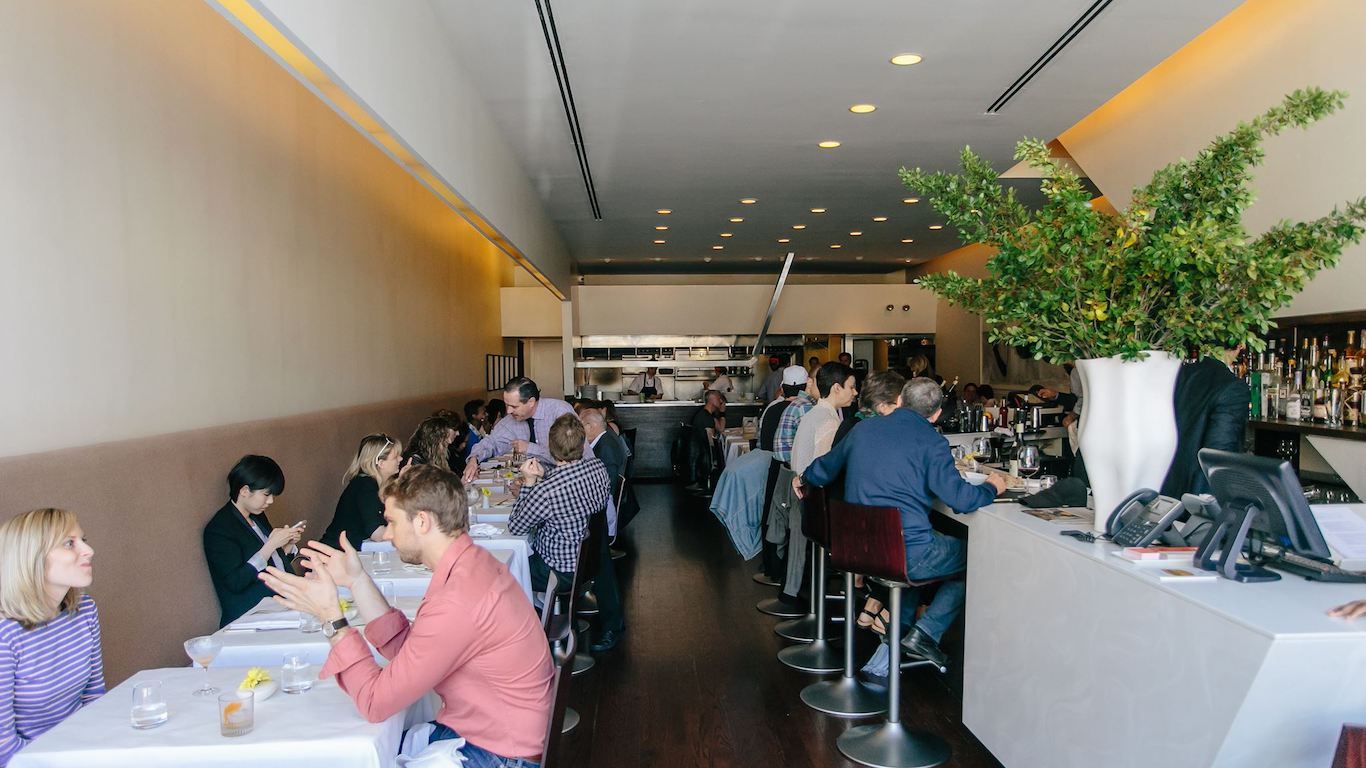
Illinois: Blackbird
> Location: Chicago
This well-loved West Loop restaurant — hailed by the Chicago Tribune as “one of Chicago’s greatest restaurants” — was opened 22 years ago by Paul Kahan, who has since become one of the city’s best-known chef-restaurateurs. (His other places include Avec, Publican, and Big Star). Blackbird’s intimate size and layout made social distancing impossible, and the restaurant announced on its website that “we have made the very difficult decision to close our doors.”
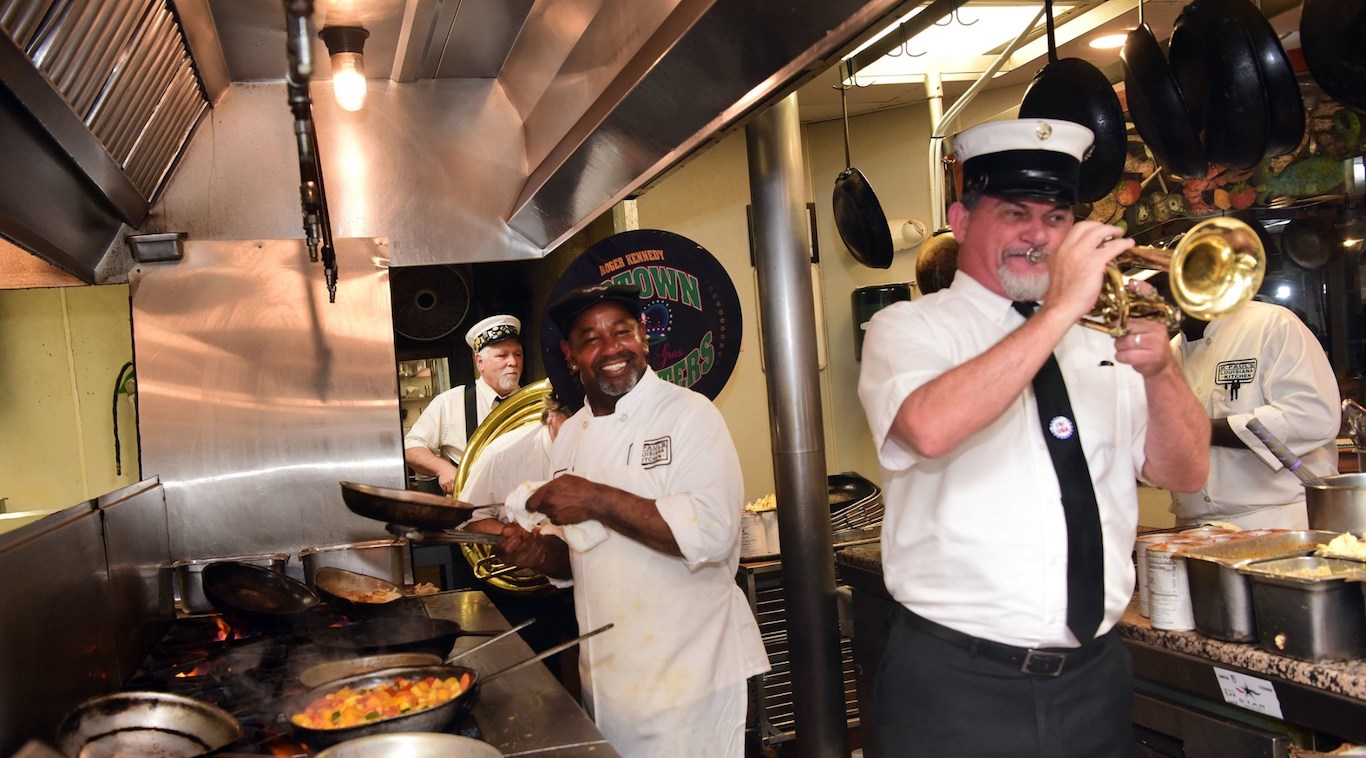
Louisiana: K-Paul’s Louisiana Kitchen
> Location: New Orleans
The demise of the legendary K-Paul’s in mid-July is one of the most significant of all COVID-related restaurant closures. This highly influential Cajun establishment was opened in 1979 by chef Paul Prudhomme and his wife, Kay, and it soon became a Crescent City bucket-list destination, with lines forming nightly outside. With such vividly flavored dishes as the iconic blackened redfish, K-Paul’s ignited a nationwide craze for Cajun cooking. Kay died of cancer in 1993 and Prudhomme passed away in 2015, but the place stayed open under the chef’s niece, Brenda Prudhomme, and her chef husband, Paul Miller.
After several coronavirus-mandated closings and reopenings earlier this year, though, they issued a statement on July 13 “regretfully announcing permanent closure of K-Paul’s Louisiana Kitchen.” Miller explained to NOLA.com that “The business has been bleeding through this, and you can only bleed so much before you have to stop it.”
[in-text-ad]
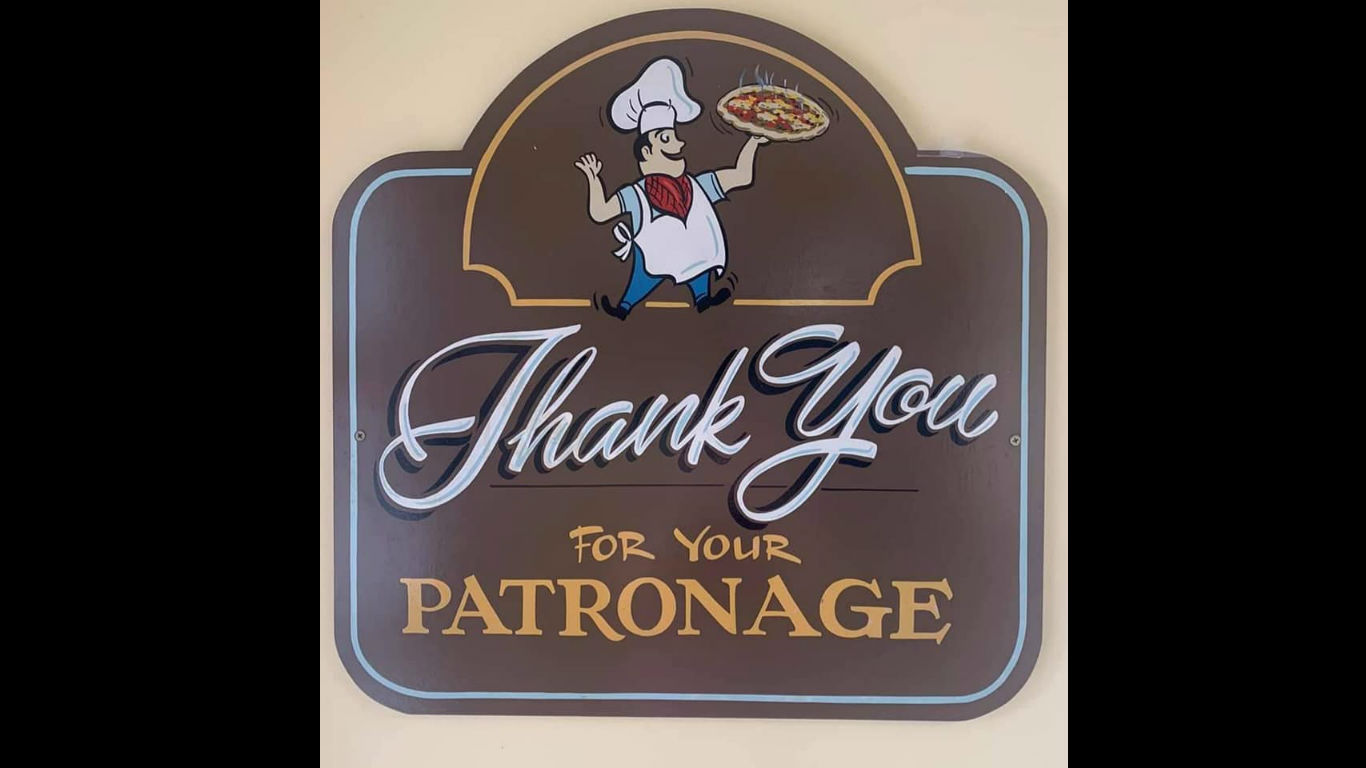
Maine: Reno’s Family Restaurant
> Location: Caribou
“People from Aroostook County and beyond have been enjoying Reno’s Family Restaurant’s one-of-a-kind pizzas for over half a century,” enthused an article in The County in January. Co-owner Danny Corriveau added that he hoped to continue running the 55-year-old place for the next decade. Then came COVID-19. The Corriveau family posted a notice on Reno’s website, announcing that the restaurant would close on Sept. 30. “Face masks, plexiglass shields, it’s just not what Reno’s was,” Corriveau told WAGM-TV.
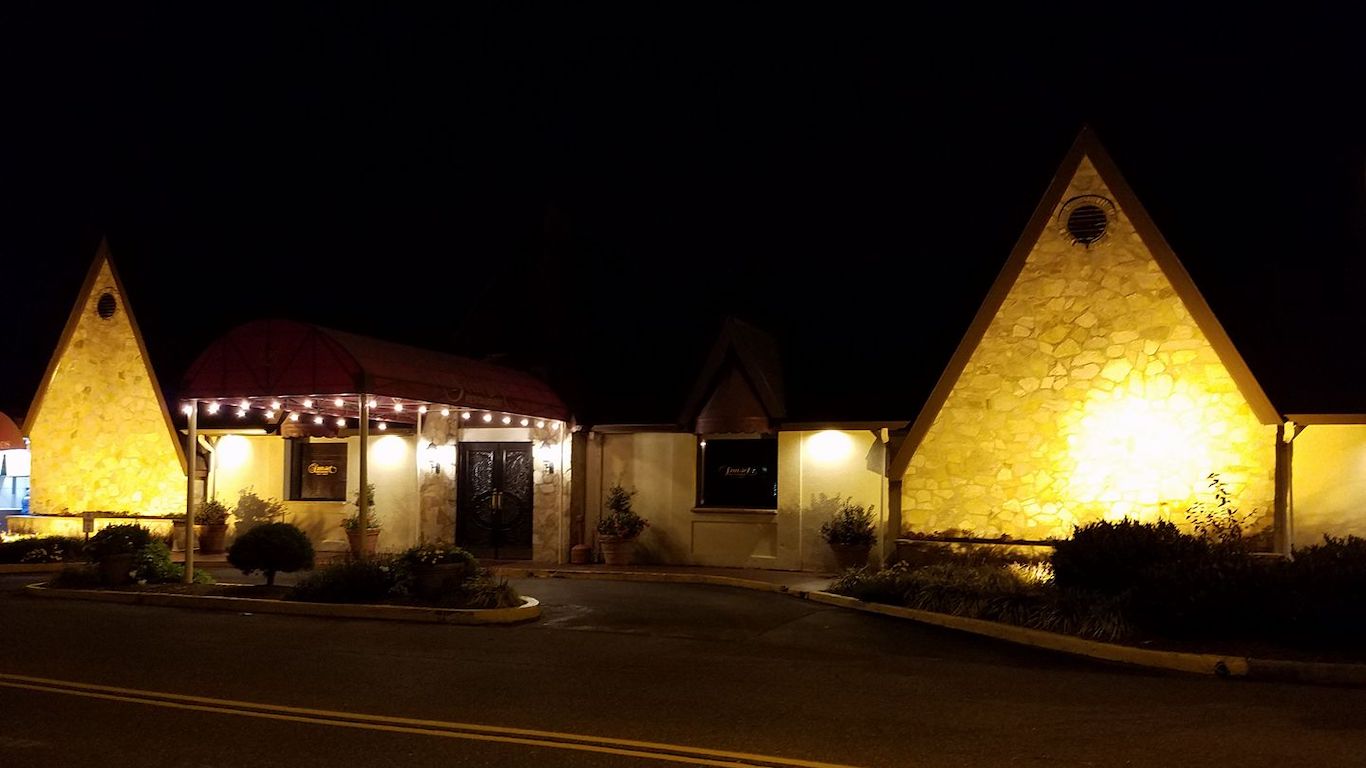
Maryland: Sunset Restaurant Lounge
> Location: Glen Burnie
From its origins as a nightclub, complete with slot machines, in 1960, this establishment in a Baltimore suburb evolved into a popular full-service restaurant, known for its crab soup and other local specialties. In late August, the owners announced on their Facebook page that they would close permanently on Sept. 30. “We anticipated celebrating our 60th anniversary this year but instead we were met with unprecedented hardship due to the COVID Pandemic,” they wrote. “Like many other family owned businesses, restrictions and the regulations imposed by the restaurant industry have driven us to make this decision.”
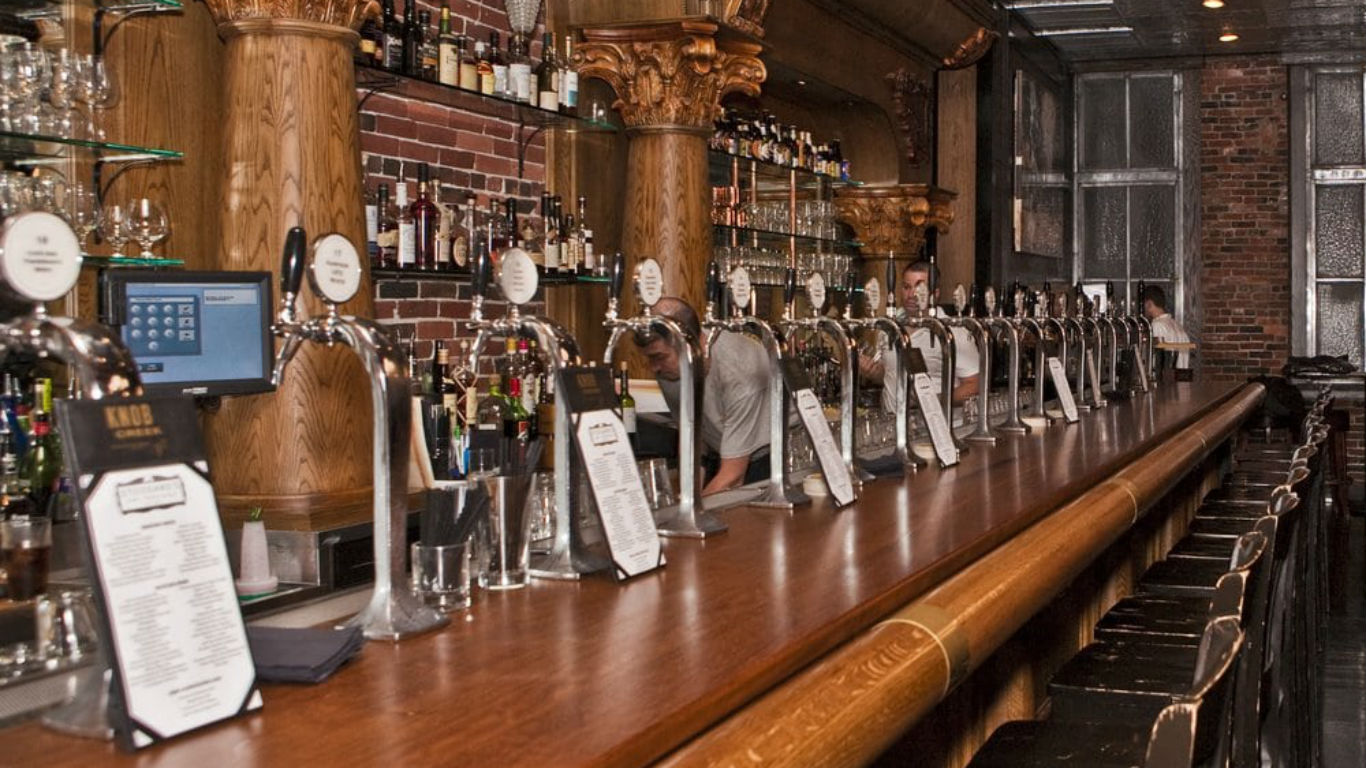
Massachusetts: Stoddard’s Fine Food & Ale
> Location: Boston
Once hailed as one of the best gastropubs in America by Food & Wine, this popular 10-year-old aftershow stop for patrons of the Downtown Crossing district’s theaters has permanently turned out the lights. “It’s time to say goodbye,” wrote owner Frankie Stavrianopoulos on Facebook. According to a Twitter post by one of his partners in the enterprise, Ace Gershfield, the place counted on revenue not only from theater patrons but also from local office workers, and both groups were now largely absent from the area.
[in-text-ad-2]
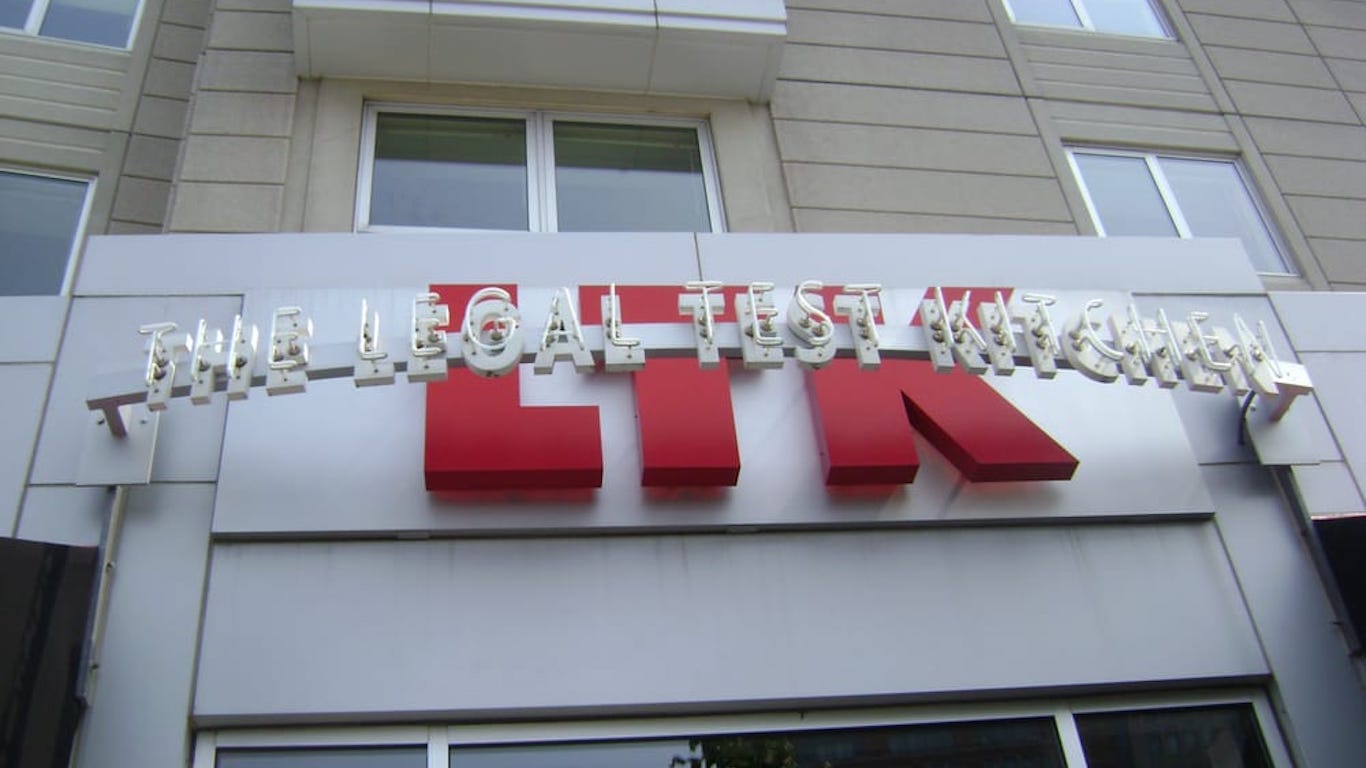
Massachusetts: Legal Test Kitchen
> Location: Boston
A branch of the famed Massachusetts fish and shellfish chain Legal Seafoods, this once-bustling 15-year-old establishment in Boston’s Seaport district is now out of business, according to information reported on Aug. 27. “Due to the lack of area business and travel … “the company felt it didn’t make sense to reopen the location,” Legal explained to Boston.com. There is one other Test Kitchen location at the city’s Logan Airport (the idea was that the Test Kitchens would experiment on dishes not found on the chain’s usual menus). It is currently closed but will reopen in early fall. Meanwhile, 11 other Legal Seafood locations around the state remain open.
Michigan: Wolfgang Puck Steak
> Location: Detroit
As further proof, if any were needed, that even restaurants run by world-famous celebrity chefs can’t necessarily survive the pandemic, Wolfgang Puck has announced that he will not reopen his eight-year-old upscale steakhouse in the MGM Grand Detroit casino. Though he hasn’t specifically blamed the effects of the coronavirus for the closure, the restaurant has been dark throughout the course of the pandemic, and business would now be restricted as Michigan has reopened casinos with only limited capacity. Earlier this year, two other Puck properties shut down — Five Sixty in Dallas and The Source in Washington, D.C.
[in-text-ad]
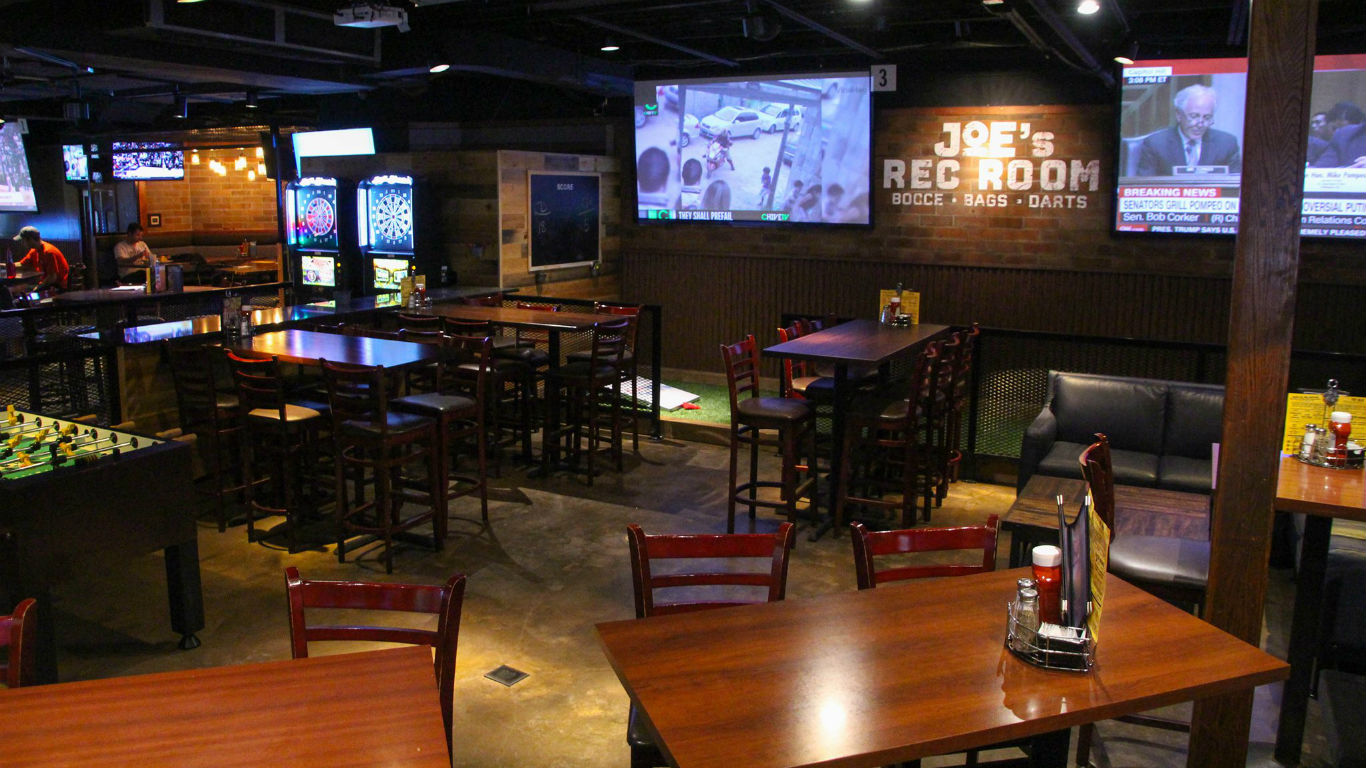
Minnesota: Joe Senser’s
> Location: Roseville
This popular restaurant and sports bar was opened in Roseville, a Twin Cities suburb, in 1988 by the eponymous Senser, a one-time Pro-Bowl tight end with the Minnesota Vikings. In mid-October, local TV station WCCO reported that the restaurant had closed permanently. “It was a very difficult decision that had to be made,” Senser’s general manager Steve Deziel told the station, “but due to the pandemic and the difficult times that many businesses are enduring, we had no other choice.” A second location, in Bloomington, southwest of Minneapolis, remains open.
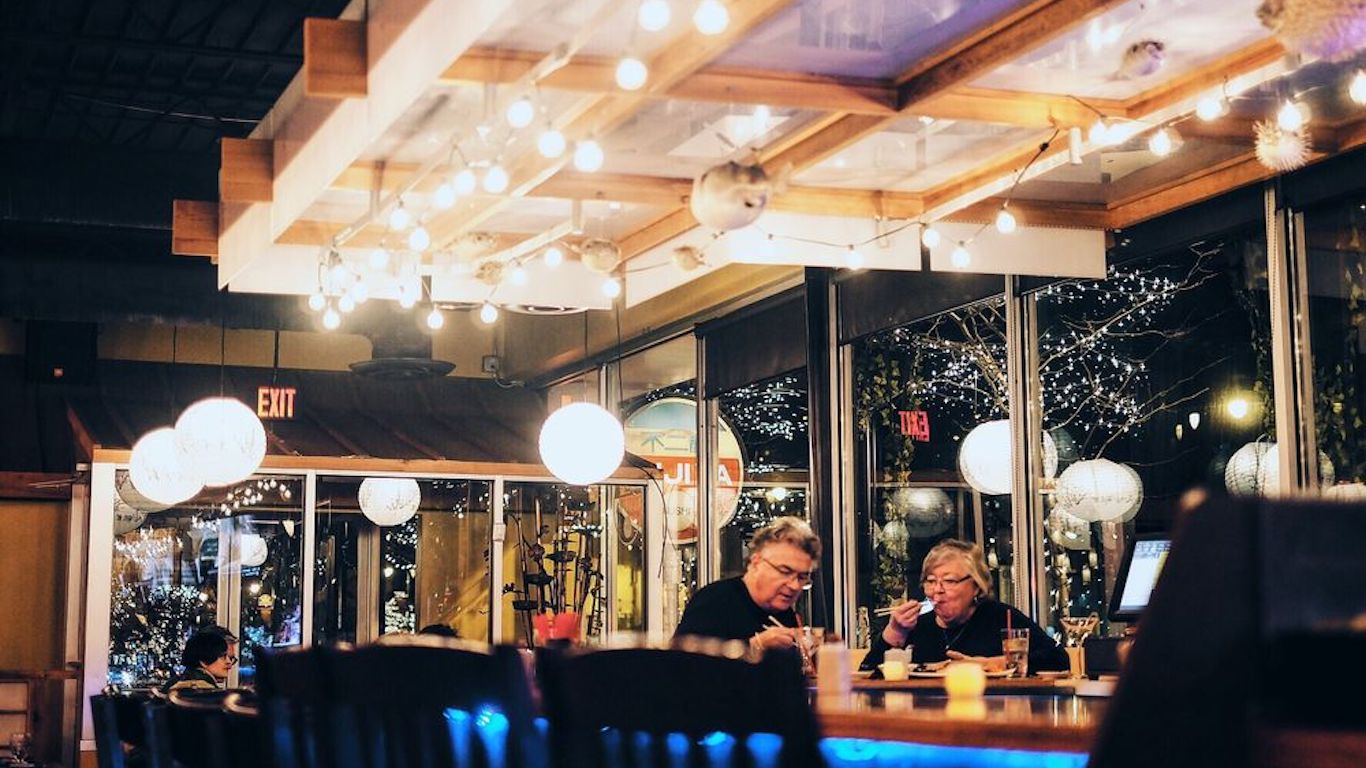
Minnesota: Fuji Ya
> Location: Minneapolis
When Reiko Weston opened Fuji Ya in 1959, it was apparently the first-ever Japanese restaurant in Minnesota. It expanded and spawned offshoots. Weston died in 1988, and two years later the place closed down — until her daughter brought it back to life in 1997. The restaurant shuttered temporarily in early May, but by the end of that month, its website carried the message: “Thank you for your support! Unfortunately we are closing our doors.”
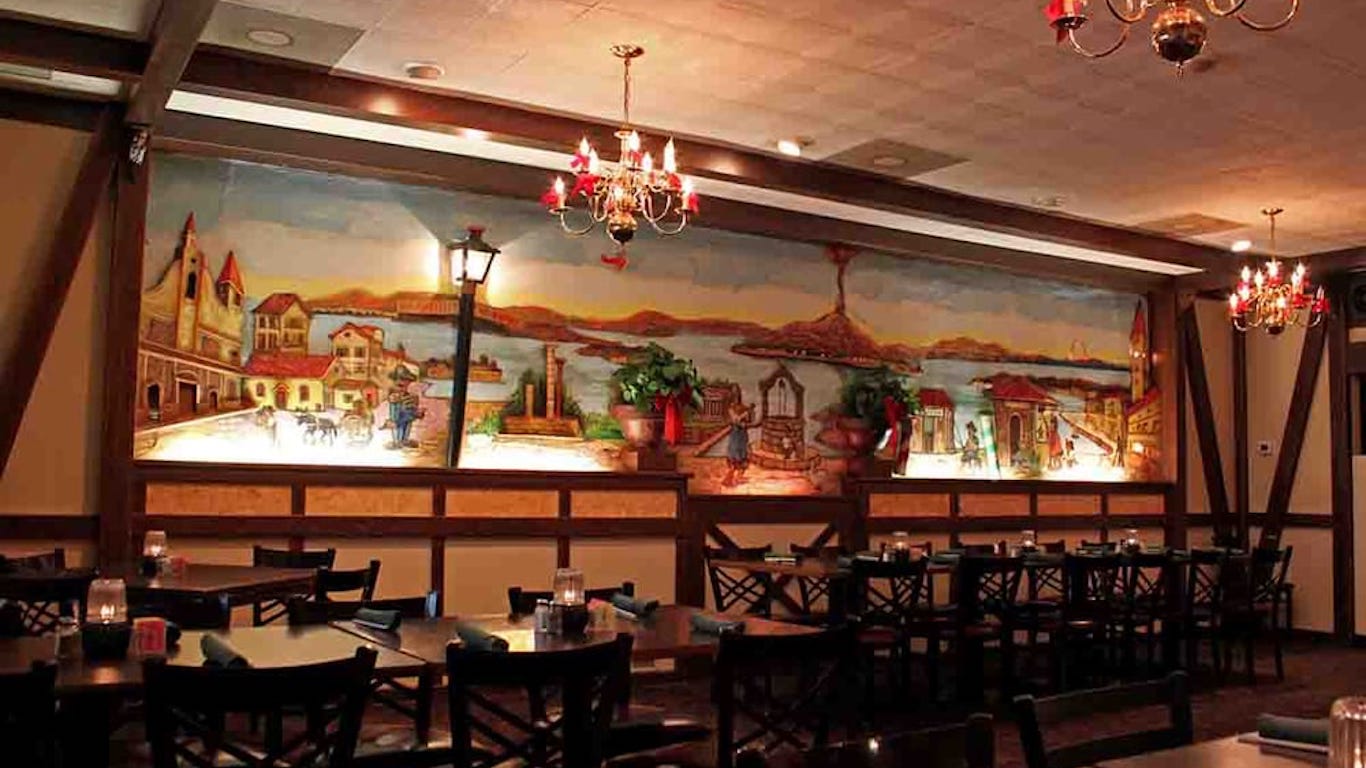
Missouri: Cusanelli’s
> Location: St. Louis
Occupying a building that traces its history back two centuries, this institution in the city’s Lemay neighborhood — featuring what it billed as “The Original St. Louis Style Pizza” — opened in 1954. It became a family favorite, and comments on the restaurant’s Facebook page sentimentally recall first dates, birthdays, anniversaries, and other momentous occasions celebrated there. It was also on Facebook that the owners announced that Aug. 30 would be the restaurant’s last night of service, “Due to covid and unforeseen circumstances …”
[in-text-ad-2]
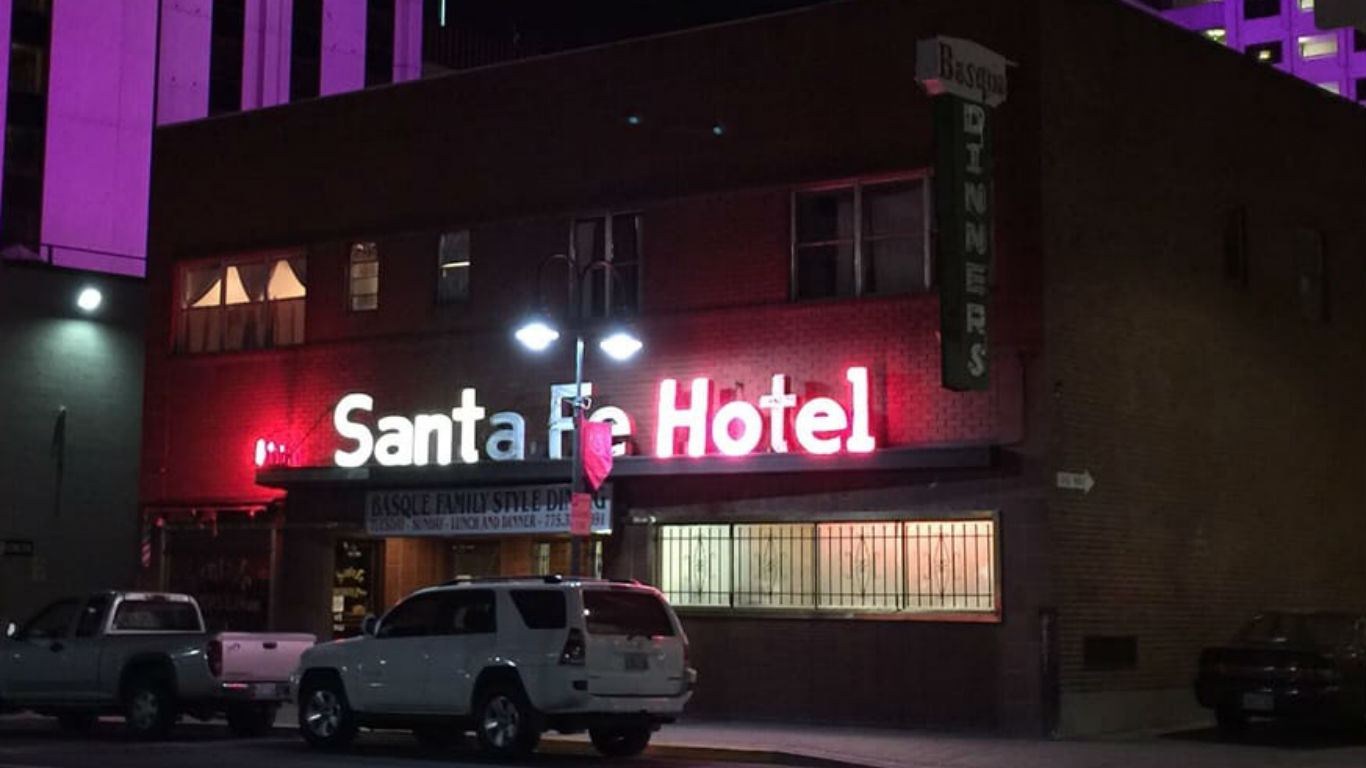
Nevada: Santa Fe Basque Restaurant
> Location: Reno
One of the best-known of a diminishing number of old-style Basque boarding houses/restaurants in Nevada, Idaho, and California, the 71-year-old Santa Fe served simple, hearty, multi-course meals in family-style abundance. A message on the restaurant’s Facebook page reads, “It’s official we have closed our doors. THANK YOU TO EVERYONE THAT HAS SUPPORTED US FOR THE LAST 71 YEARS. And a big thanks to all of our guests on our final night you made it an emotional yet awesome farewell.”
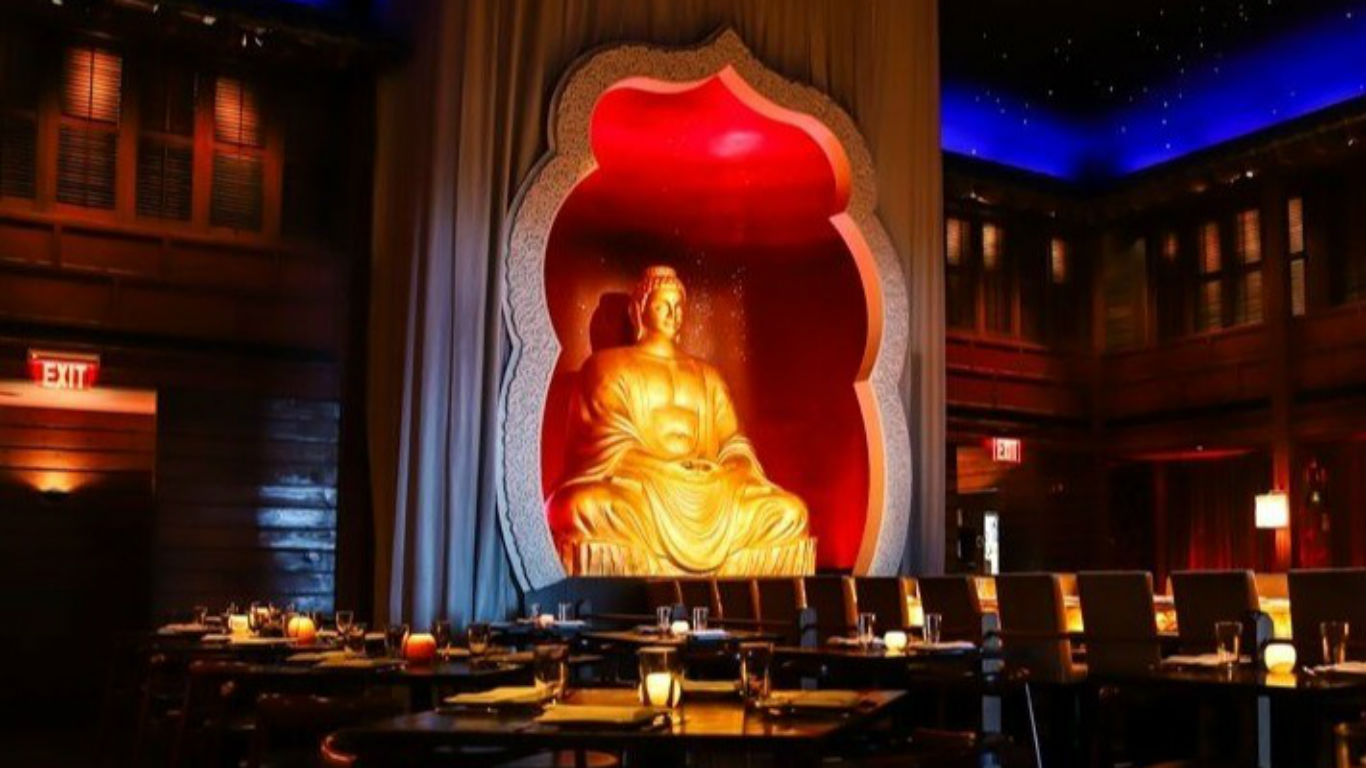
New Jersey: Buddakan
> Location: Atlantic City
Philadelphia-based restaurant mogul Steven Starr has announced that the Atlantic City branch of his Buddakan, which features “modern Asian cuisine,” will not be reopening. Buddakans in New York City and Philadelphia remain in business. The New Jersey location, on Playground Pier, has been closed since March. “We couldn’t continue in this environment with the coronavirus and the current state of the pier,” Starr told the Associated Press. “There was barely anyone left there except us.” Another Starr property on the pier, The Continental, won’t reopen either.
[in-text-ad]
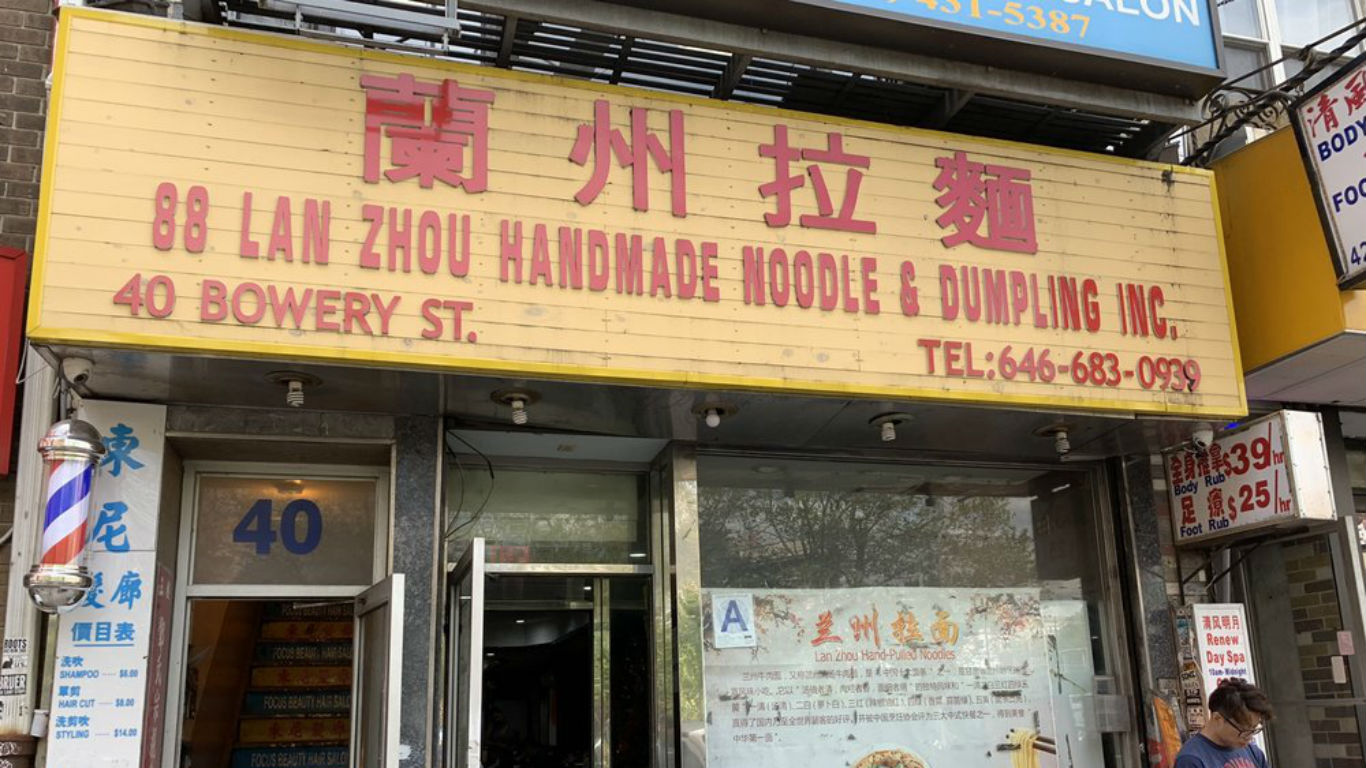
New York: 88 Lan Zhou
> Location: New York City
This 13-year-old Chinatown institution, famed for its pork and chive dumplings and its hand-pulled noodles, announced in early August that it would be “closed forever” as of Aug. 15. All the publicity generated by the announcement boosted business, and the restaurant decided to stay open at least temporarily. Early in October, however, a post on the restaurant’s Instagram page read, “With a heavy heart, we are announcing that our final day of operations will be Oct 31st, 2020. We tried everything we could to stay afloat, but in the end, it was just too difficult to just survive in these current conditions.”
New York: Baohaus
> Location: New York City
This modest Taiwanese restaurant, known for its fried chicken and pork buns, launched the career of chef Eddie Huang — who went on to write a best-selling memoir, “Fresh Off the Boat,” which in turn became an ABC-TV sitcom running for six seasons. That didn’t ultimately help the restaurant. Posting on Instagram in early October, Huang said, “We held out as long as we could, but have decided to close.” While Huang didn’t specifically mention COVID-19, the owner of a neighboring convenience store painted a dark picture of the local business climate to Spectrum News NY1. “There is no future,” he said. Speaking of potential customers, he added, “I don’t think they are going to come back until January, maybe.” Huang is now directing a movie, “Boogie,” about a Chinese-American basketball player in New York City.
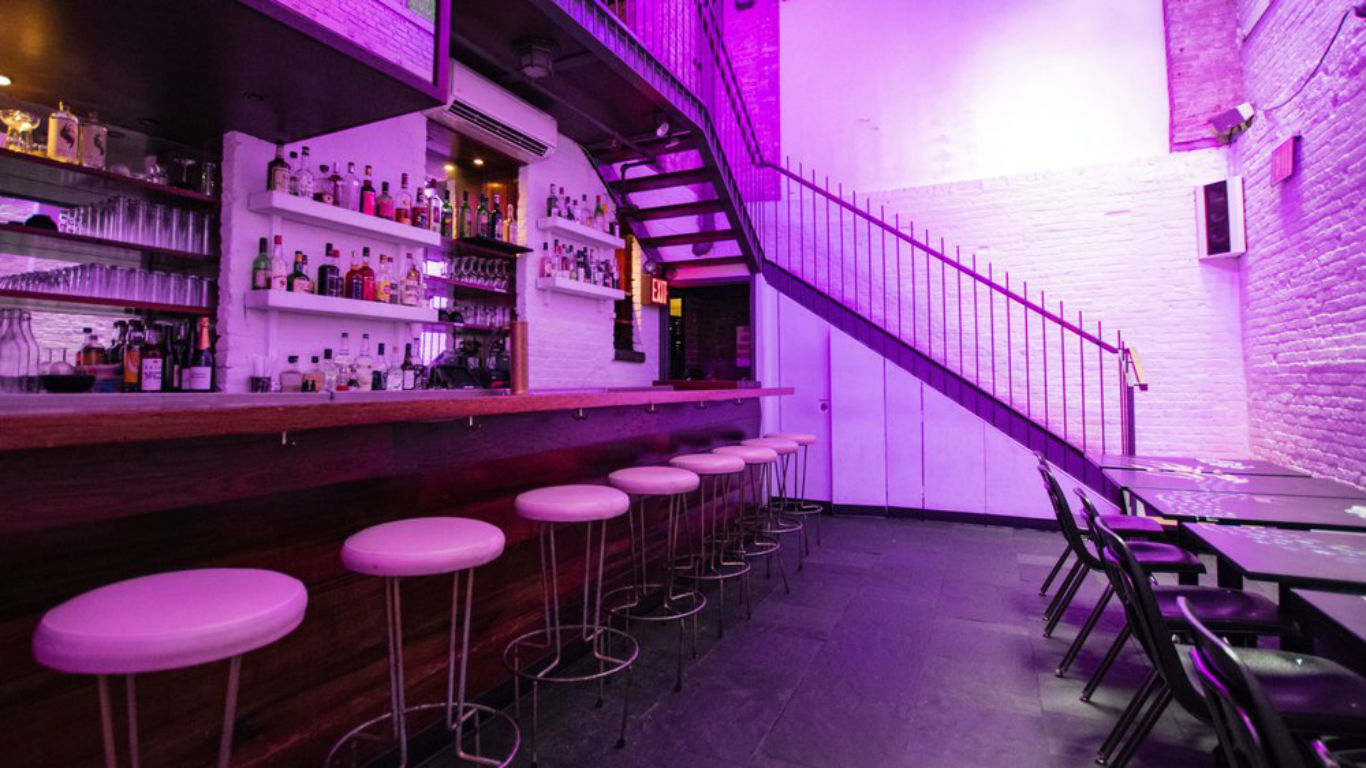
New York: Mission Chinese
> Location: New York City
When San Francisco’s Mission Chinese expanded to Manhattan in 2012, according to Eater critic Robert Sietsema, it hit the city “like a ton of bricks, generating long lines eager for salt cod fried rice, chicken hearts in Sichuan chile oil, and Mongolian long beans.” The challenges posed by the pandemic, however, were its undoing. A message from Bowlien on the restaurant’s Instagram page in mid-September said that he was closing the restaurant, with plans “to create a business model that forges a new path for survival on our terms.” That’s probably just as well because a story on Grub Street in late October detailed “nightmare” working conditions in the restaurant’s kitchen, including racist insults and physical abuse. (A second location, in Brooklyn, remains open.)
[in-text-ad-2]
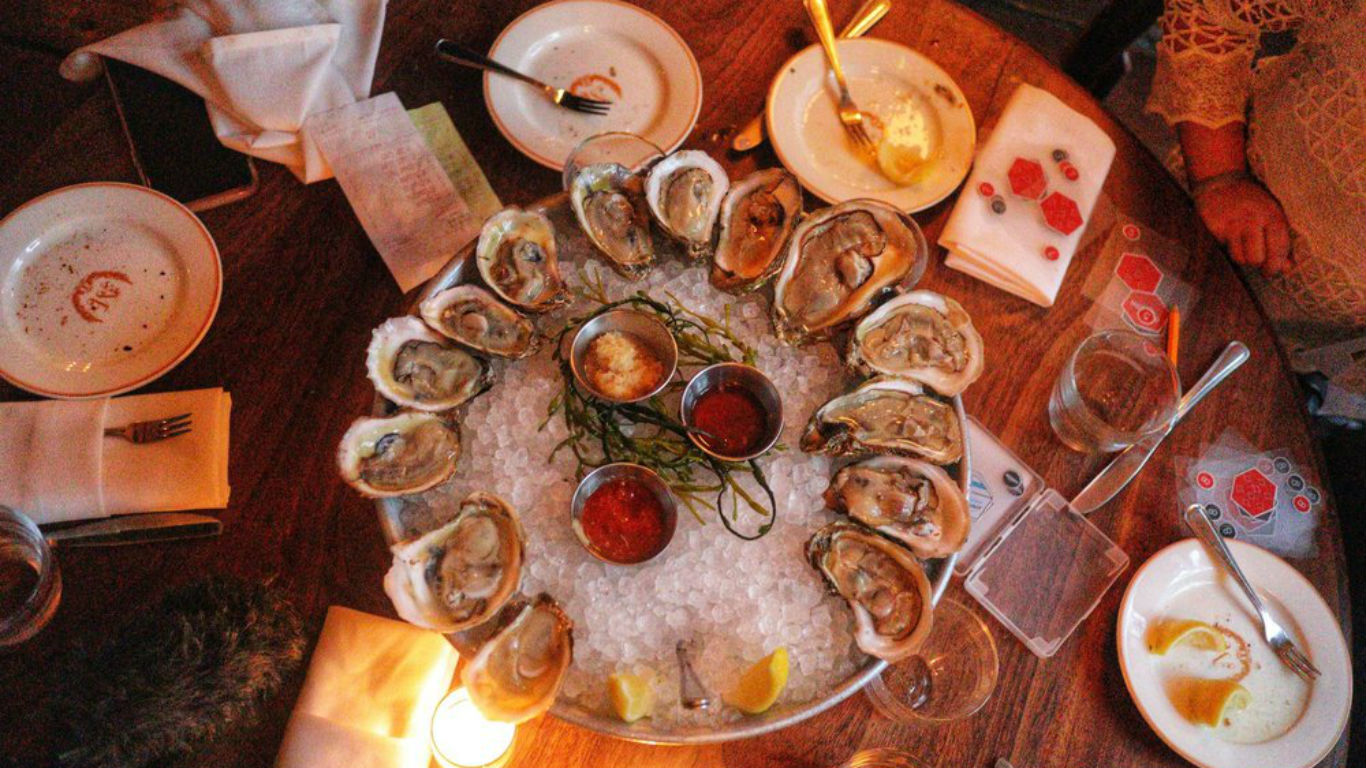
New York: Maison Premiere
> Location: Brooklyn
This popular nine-year-old Williamsburg restaurant, known for its oysters, its New Orleans-style dishes, and its James Beard Award-winning bar program, is apparently out of business. Though it has issued no official statement, its website and Instagram page have shut down, its Facebook page continues no posts, and its phone number is not in service. Maison Premier’s sister restaurant, Sauvage, also in Brooklyn, is apparently similarly closed. Both restaurants filed for Chapter 11 bankruptcy a year ago but had continued operating until they were closed, theoretically temporarily, with the advent of the pandemic.
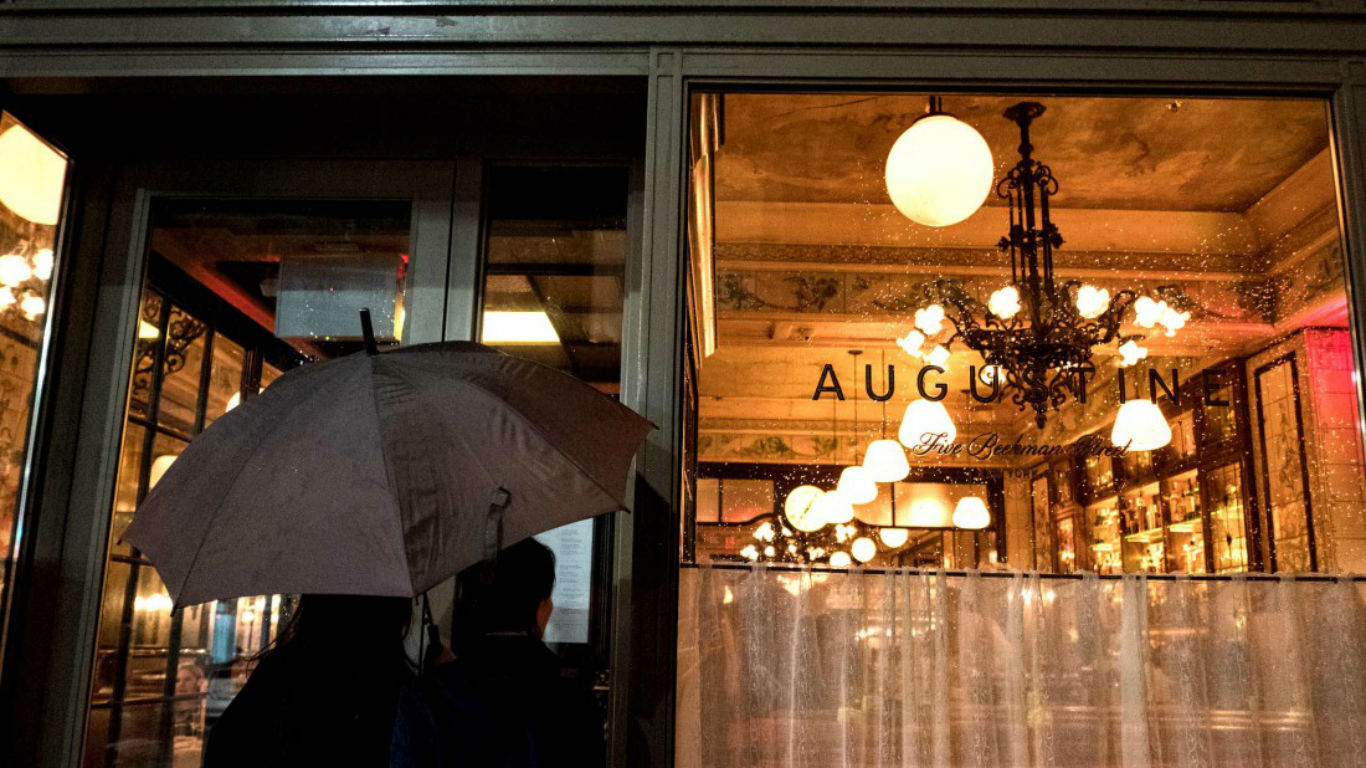
New York: Augustine
> Location: New York City
Blaming the inflexibility of his landlord, celebrated restaurateur Keith McNally announced on Instagram in late July that his French brasserie in downtown Manhattan’s Beekman Hotel, opened in 2016, is now out of business. McNally, who himself was hospitalized for COVID-19 in April but is now fully recovered, had earlier closed his 31-year-old SoHo bistro Lucky Strike due to the pandemic. On Instagram, McNally wrote that he looked forward to seeing his customers at one of his other New York City establishments — which include Balthazar, Pastis, and Minetta Tavern — “Or Debtor’s Prison – whichever comes first.”
[in-text-ad]
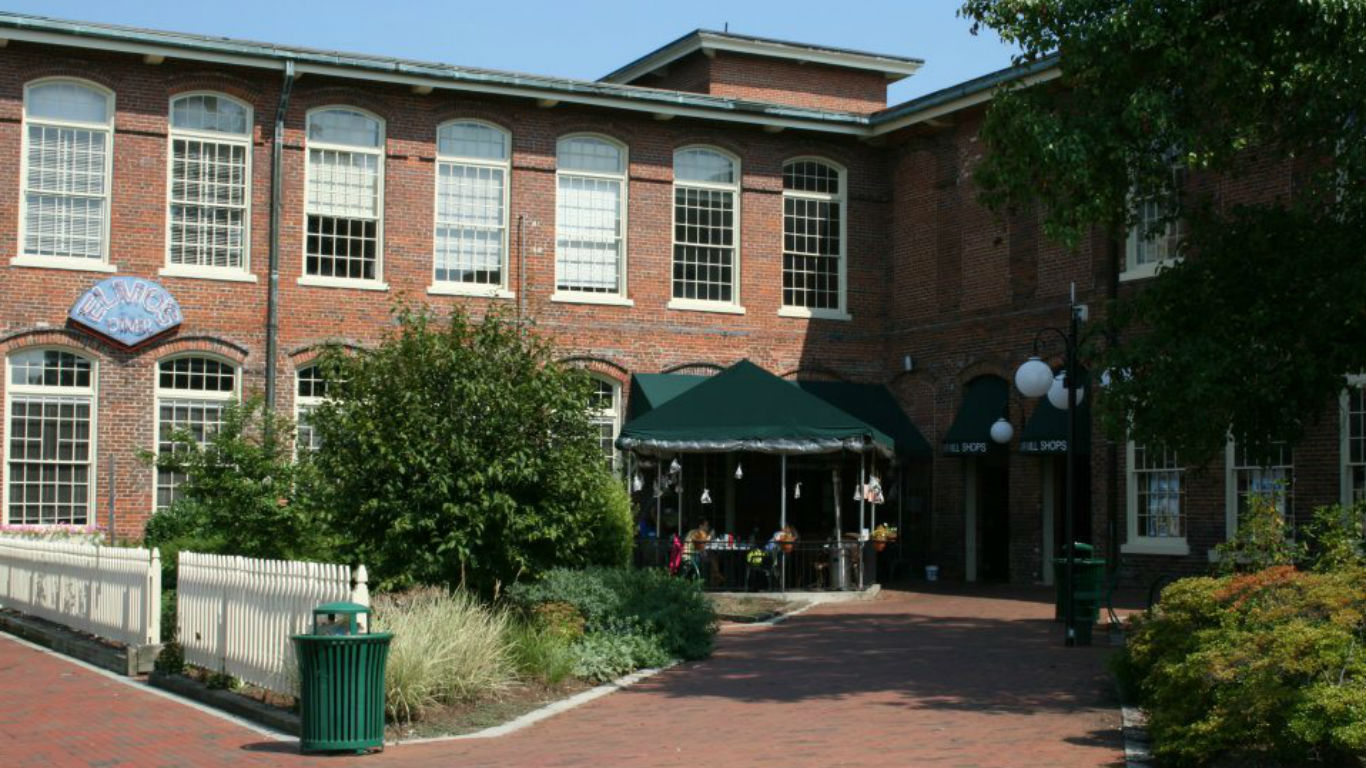
North Carolina: Elmo’s Diner
> Location: Carrboro
In a lengthy Facebook message posted Sept. 18, Elmo’s — famous for almost 30 years for its all-day breakfasts — announced that it was permanently closed. “We cannot wrap our heads around how we can safely serve people and stay distant from our co-workers and our customers,” read the statement in part. “We cannot wrap our heads around how limited capacity can pay the bills or how take-out can be enough to outweigh the risks for both us and our customers.” The message adds,”while scrutinizing the whole of our situation, our moral and financial obligations we realized we have been waiting in denial for a miracle.”
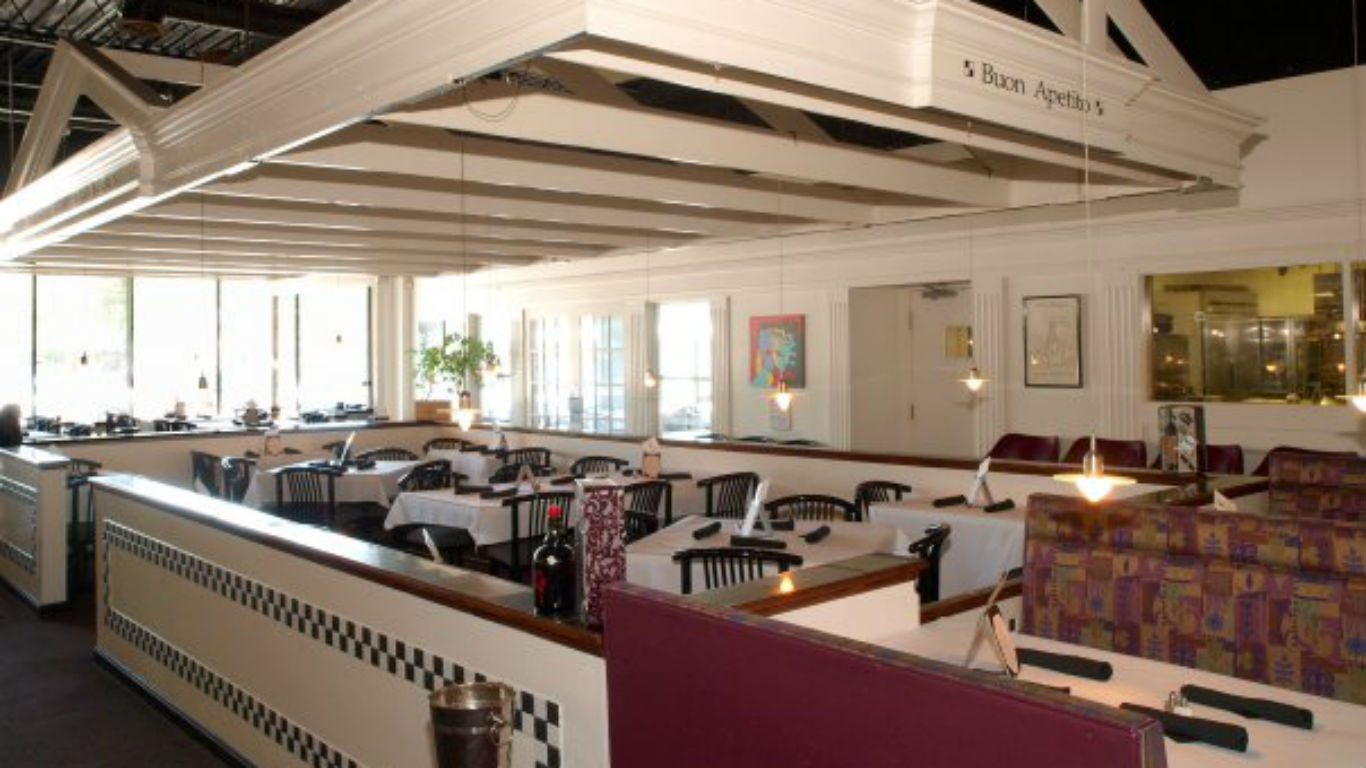
Ohio: Molinari’s
> Location: Cleveland
After almost 30 years, this East Side Cleveland staple closed its doors in late September. Though the restaurant’s owner and chef, Randal Johnson, told Cleveland Scene that “This whole Covid thing started off good for us, when we were doing take-out,” business faltered as time went on. A big problem was that he had no outdoor dining areas, and when restaurants began to reopen, he suffered. Then, three of his key employees didn’t come to work one day and the 63-year-old Johnson stepped in to cook and clean up. “I tried to do it, but I’m just not 50 anymore,” he told the News-Herald. He made the decision to close the place and is looking (not very hopefully) for a buyer.
Oregon: Beast
> Location: Portland
“One of the early stars in Portland’s culinary renaissance,” as Eater put it, 13-year-old Beast is closing down. Owner Naomi Pomeroy explained to The Oregonian’s Oregon Live website that her tiny restaurant — which occupied only about 800 square feet, including kitchen, prep area, and bathroom — could serve only about two dozen customers at two communal tables, even in pre-COVID times. Now, she said, she’d have room for only eight customers to observe social distancing protocols. Pomeroy told Eater that she might reopen Beast in a larger space once the pandemic has passed.
[in-text-ad-2]
Oregon: Pok Pok restaurants
> Location: Portland
James Beard Award-winning chef-restaurateur Andy Ricker, whose Pok Pok restaurant group specializes in northern Thai and Vietnamese cooking, announced on Instagram in mid-June that he was closing four of his six Portland locations. It was originally reported that the shuttered restaurants would include Pok Pok NW, Whiskey Soda Lounge, and two outposts of Pok Pok Wing. The original Pok Pok would reopen, it was said, and a third Pok Pok Wing might also come back to life. Currently, however, the Pok Pok website states that “All Pok Pok restaurant locations are closed for on site service,” adding that meal kits and some prepared food is available for pickup at the company’s commissary kitchen.
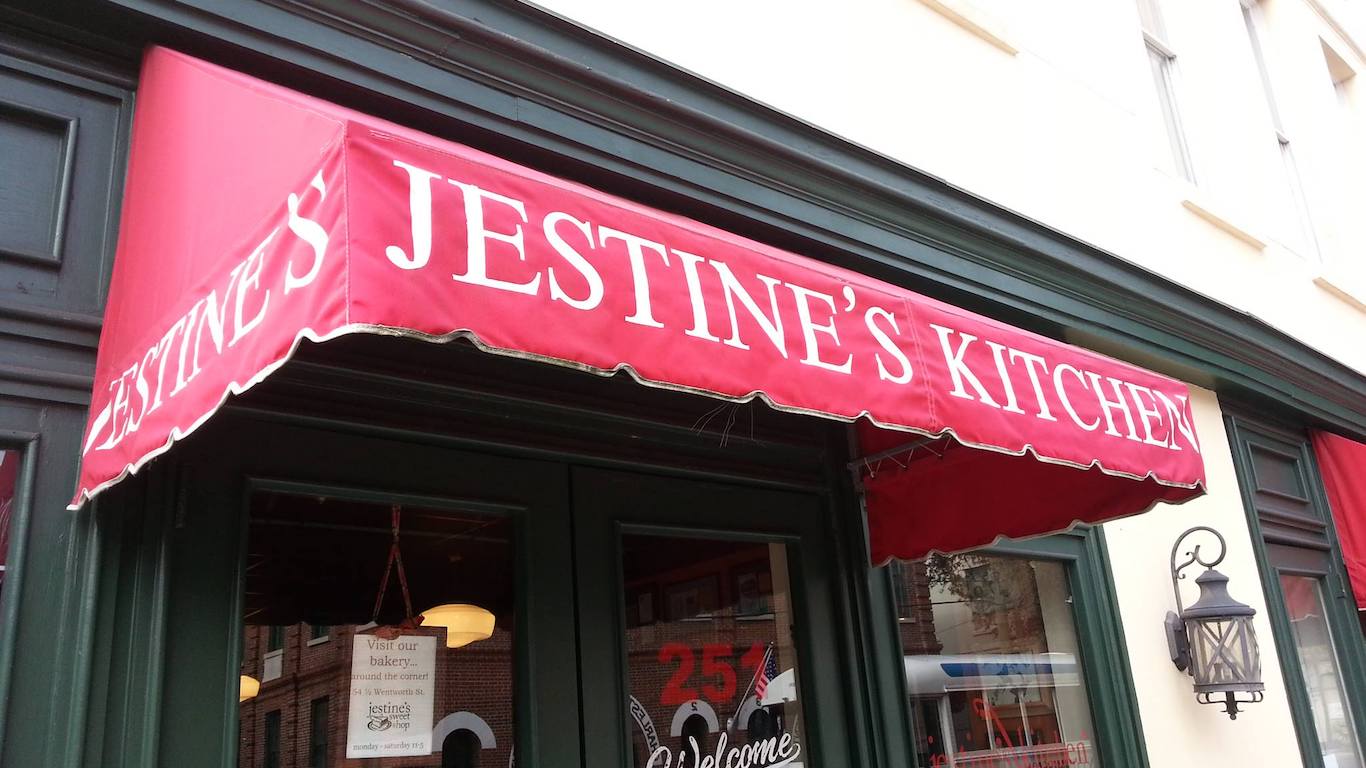
South Carolina: Jestine’s Kitchen
> Location: Charleston
A major tourist draw for 24 years, Jestine’s was named for Jestine Matthews, the African American housekeeper and cook employed by the white family that founded the place (Matthews died in 1997 at the age of 112). It was recently criticized as “the last Charleston restaurant to openly capitalize on the narrative of black servitude,” in the words of The Post and Courier. After reopening on May 20, the restaurant announced in mid-June that it would cease operations for good due to “the quick onset of the scary pandemic.”
[in-text-ad]
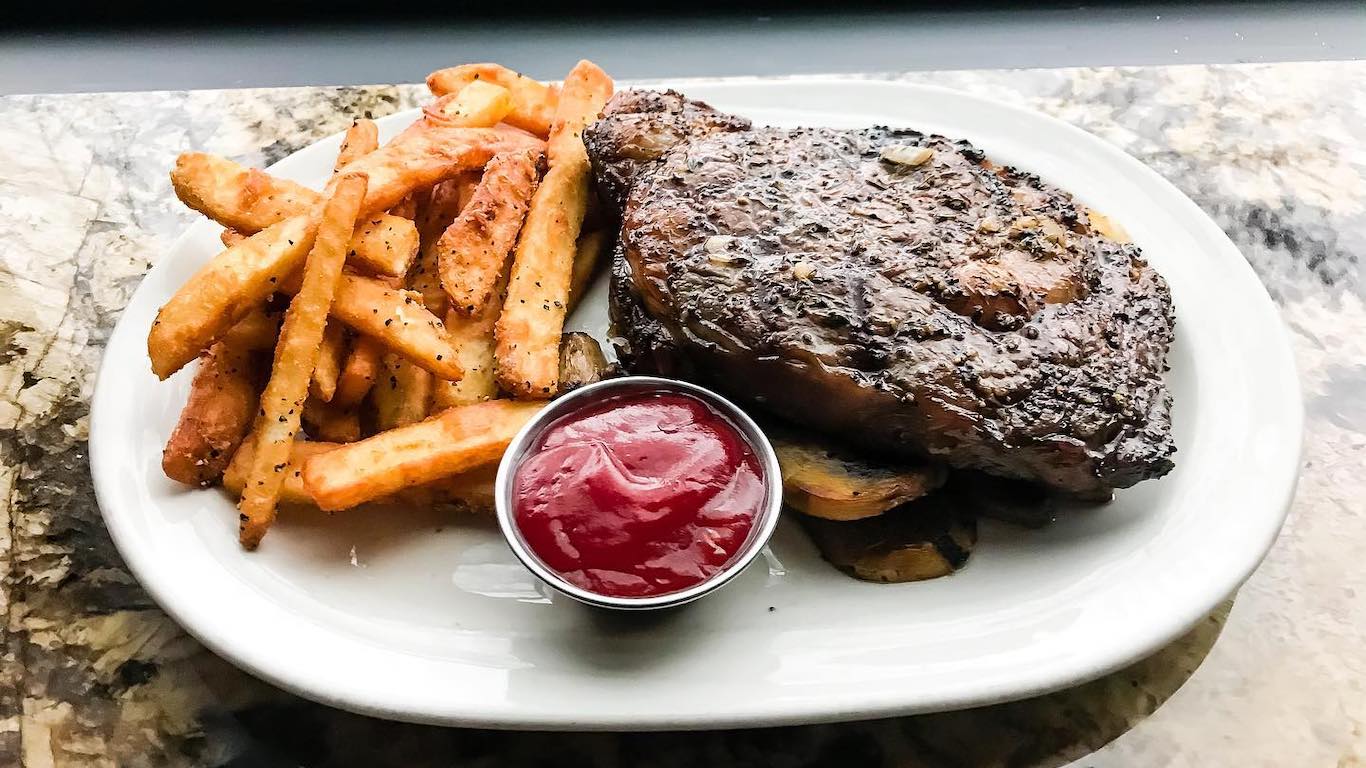
South Dakota: RED Steakhouse
> Location: Vermillion
Opened 10 years ago, RED aimed to provide what owners Jerad and Peggy Higman called, “an upscale experience with small town warmth.” One of the best-known restaurants in this college town in southeastern South Dakota, near the Nebraska border, closed, supposedly temporarily in March, but on Sept. 4, the Higmans announced, “with much regret” that it wouldn’t reopen.
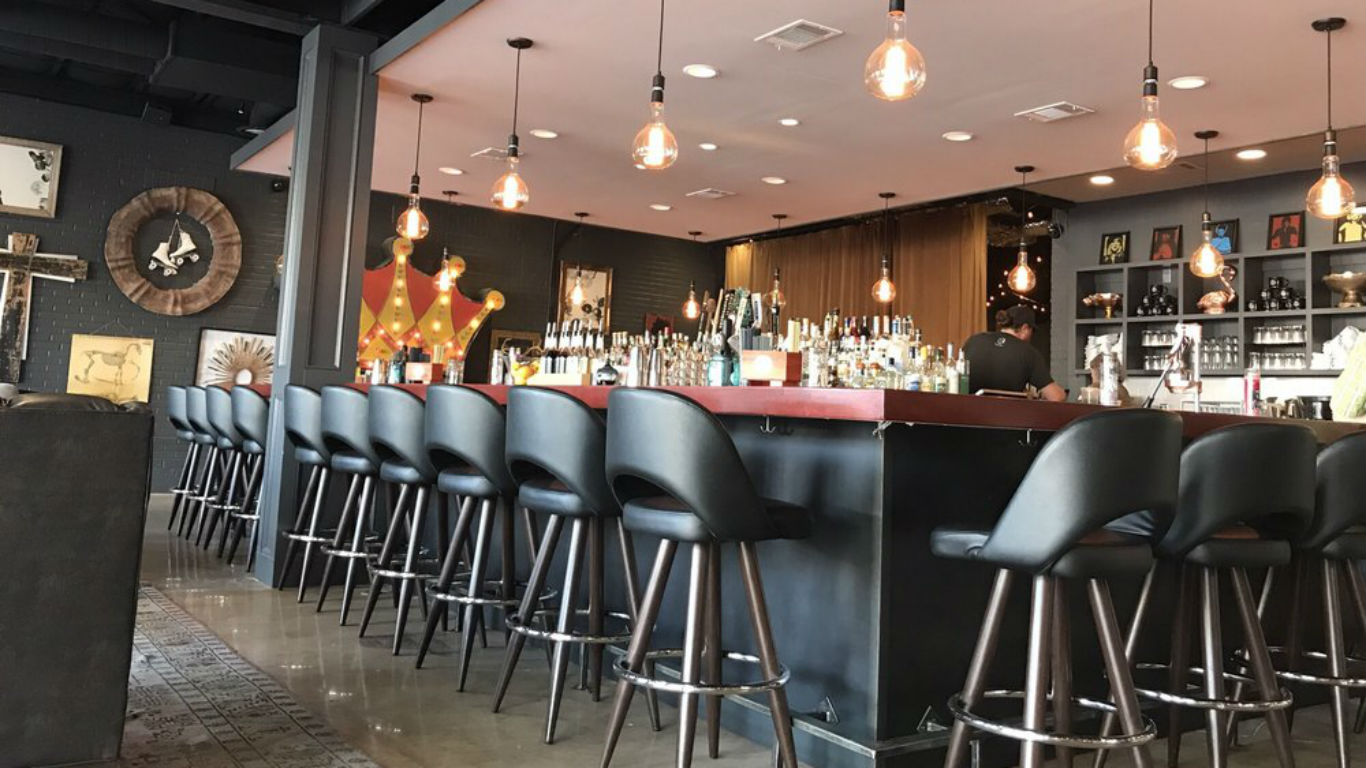
Texas: Holy Roller
> Location: Austin
After brunch service on Oct. 25, this three-year-old “downtown brunch hot spot” — as the Austin 360 website has described it — shut down for good. Its absence, the site noted, would leave the area “a little less colorful and a lot less flavorful.” Owner-chef Callie Speer told the site that her sales were down at least 50% compared to the same period in 2019. “We accomplished what we came to accomplish,” she said. “Was it cut short because we’re in the middle of a pandemic? Sure. Would we do it again? Hell, yea.”
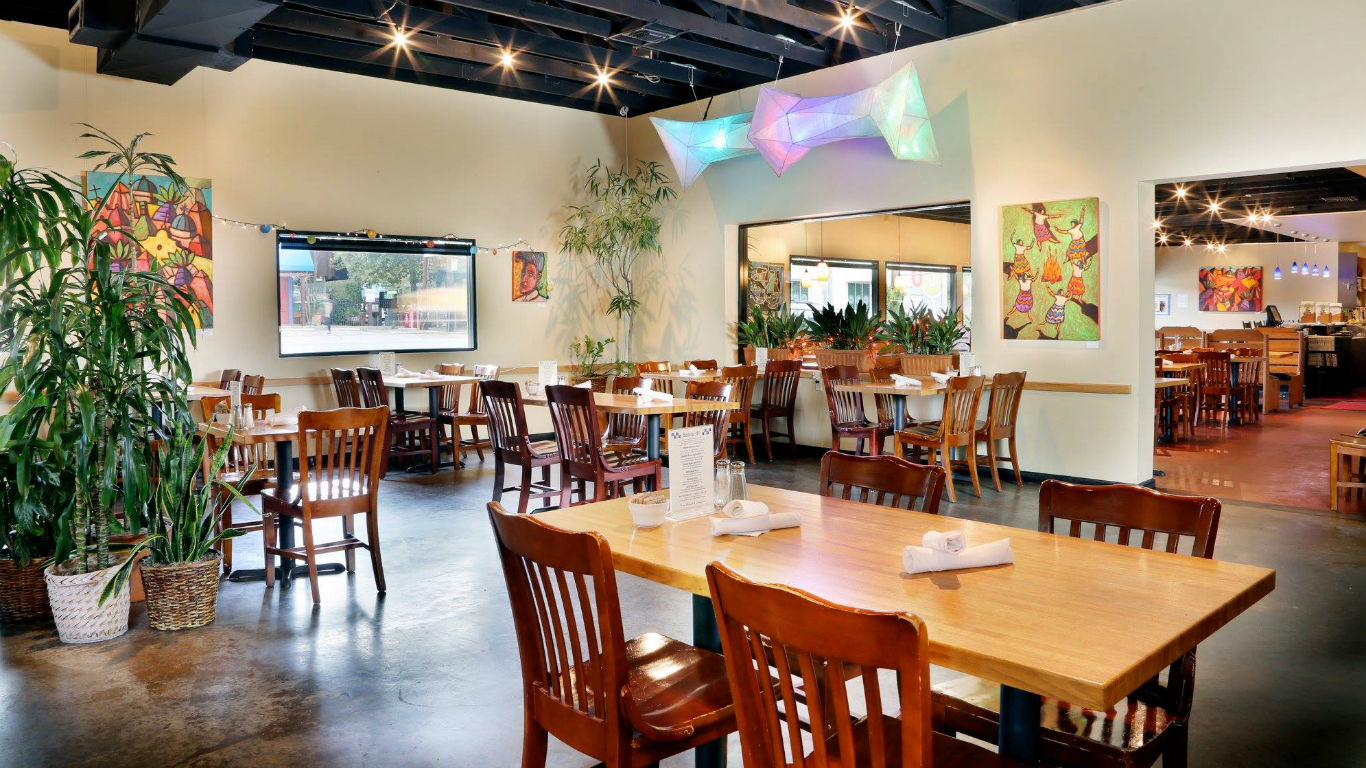
Texas: Mother’s Café & Garden
> Location: Austin
Oct. 24 was the final day for Mother’s Café, a 40-year-old vegetarian restaurant in the Texas capital’s Hyde Park neighborhood. In September, John Silverberg, owner of the iconic establishment, told CBS Austin that since the pandemic hit, “We’ve seen a 75% drop.” Mother’s had been serving only a limited takeout menu, and by mid-October, Silverberg realized that the business wasn’t sustainable and made the decision to shut down permanently.
[in-text-ad-2]

Texas: Kenny & Ziggy’s New York Delicatessen
> Location: Houston
This once successful West University area deli is the latest Houston mainstay to close for good. “Before COVID, the store was doing well,” owner Ziggy Gruber told CultureMap Houston. “With COVID, we couldn’t do it.” In order to comply with social distancing requirements, he said, he’d have to limit the number of tables in the place to six or seven, which would make it impractical to remain in business. Another location, on Post Oak Boulevard, is larger and will be able to stay open.
Texas: Luby’s
> Location: Various
This iconic 73-year-old Texas cafeteria chain, with some 60 locations currently open across the Lone Star State, announced on Sept. 8 that it was liquidating its assets. Generations of Texans have flocked to Luby’s for its chicken-fried steak and other comfort food (it was a particular family favorite for Sunday lunch). The chain responded to the emerging pandemic in March by temporarily closing restaurants and furloughing more than half its corporate employees. In June, Luby’s revealed that it was putting its restaurants up for sale, at least partially, due to the effects of COVID-19. The decision to shut the operation down was made to “maximize value for our stockholders, while also preserving the flexibility to pursue a sale of the company should a compelling offer that delivers superior value be made,” Luby’s CEO and president Christopher J. Pappas said in a statement. The company also owns the nationwide Fuddruckers burger chain, which is also being liquidated.
[in-text-ad]
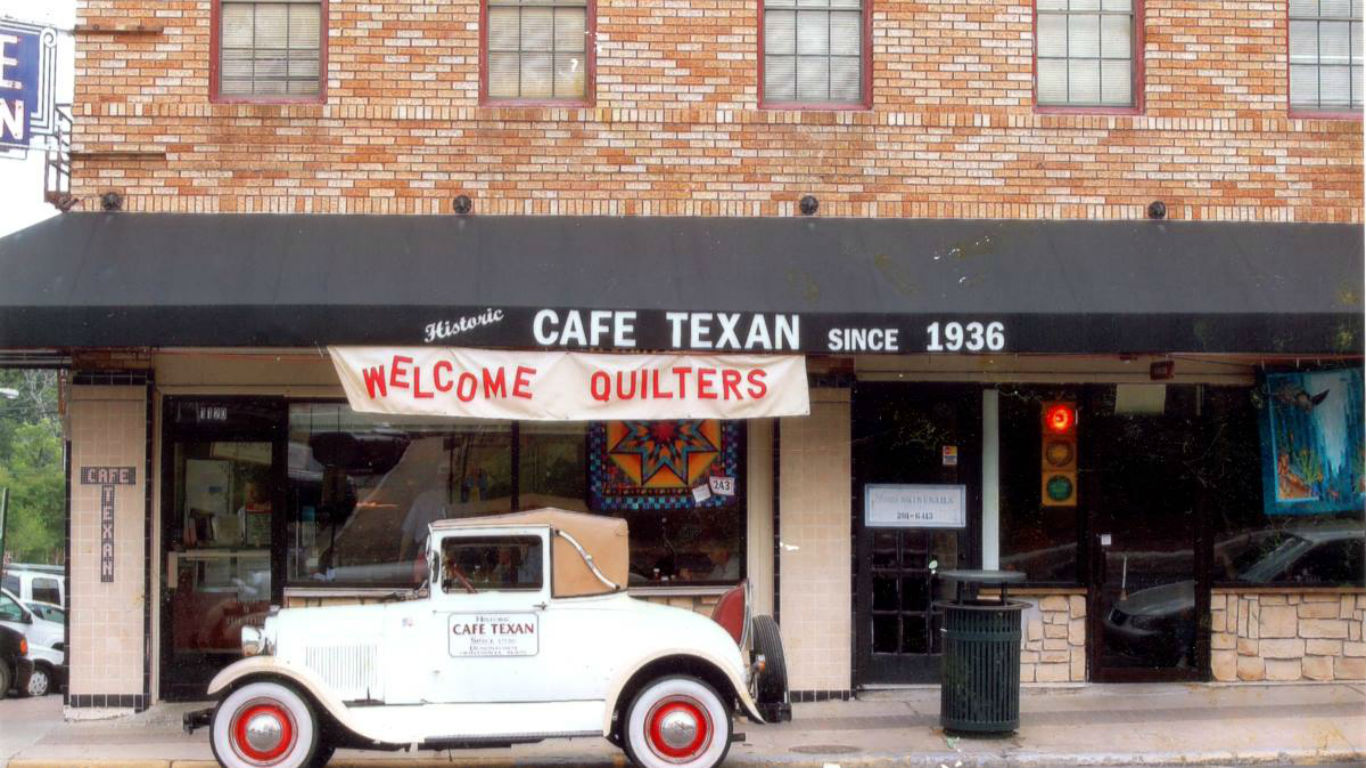
Texas: Cafe Texan
> Location: Huntsville
This iconic 83-year-old establishment north of Houston, said to have been the oldest café in Texas still in its original location, is gone for good. Owner John Strickland told The Huntsville Item that he had remained closed for months out of concern for the health of his customers, many of whom were seniors, and his staff. However, he said, “I had not intended to close it permanently.” When he realized that that would be necessary, he sold the building, which will apparently be turned into a museum.
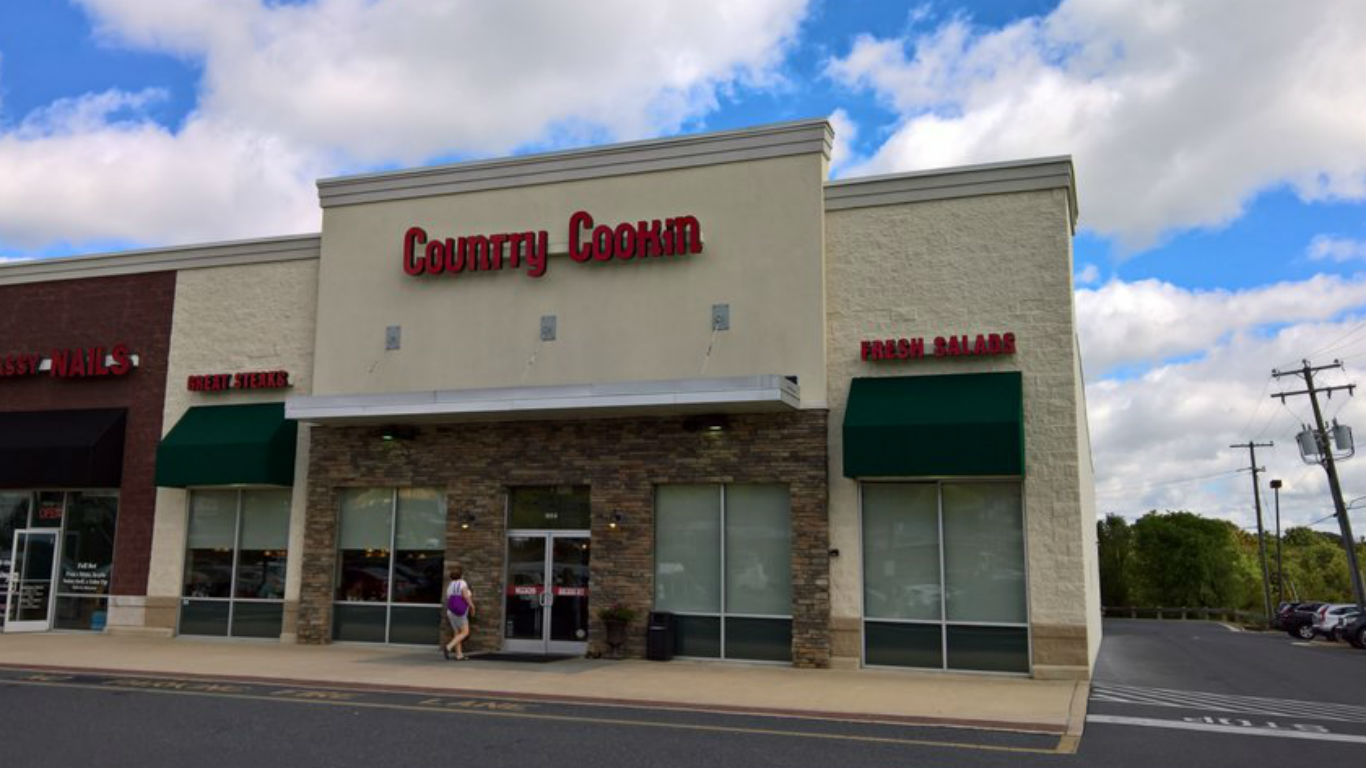
Virginia: Country Cookin
> Location: statewide
“Sold Out: All Locations Are Now Closed,” reads a message on the home page for this 13-unit Virginia cafeteria chain. In noting its demise, the News Virginian described the typical Country Cookin unit as “A community gathering place for lovers of low-cost buffet dining and where kids ate for free.” Oct. 17 was the chain’s last day in business. “The devastation to our communities, industry, employees and company resulting from the pandemic and mandated closures is heart-breaking,” wrote company president Tom Dodson on the chain’s social media platforms.
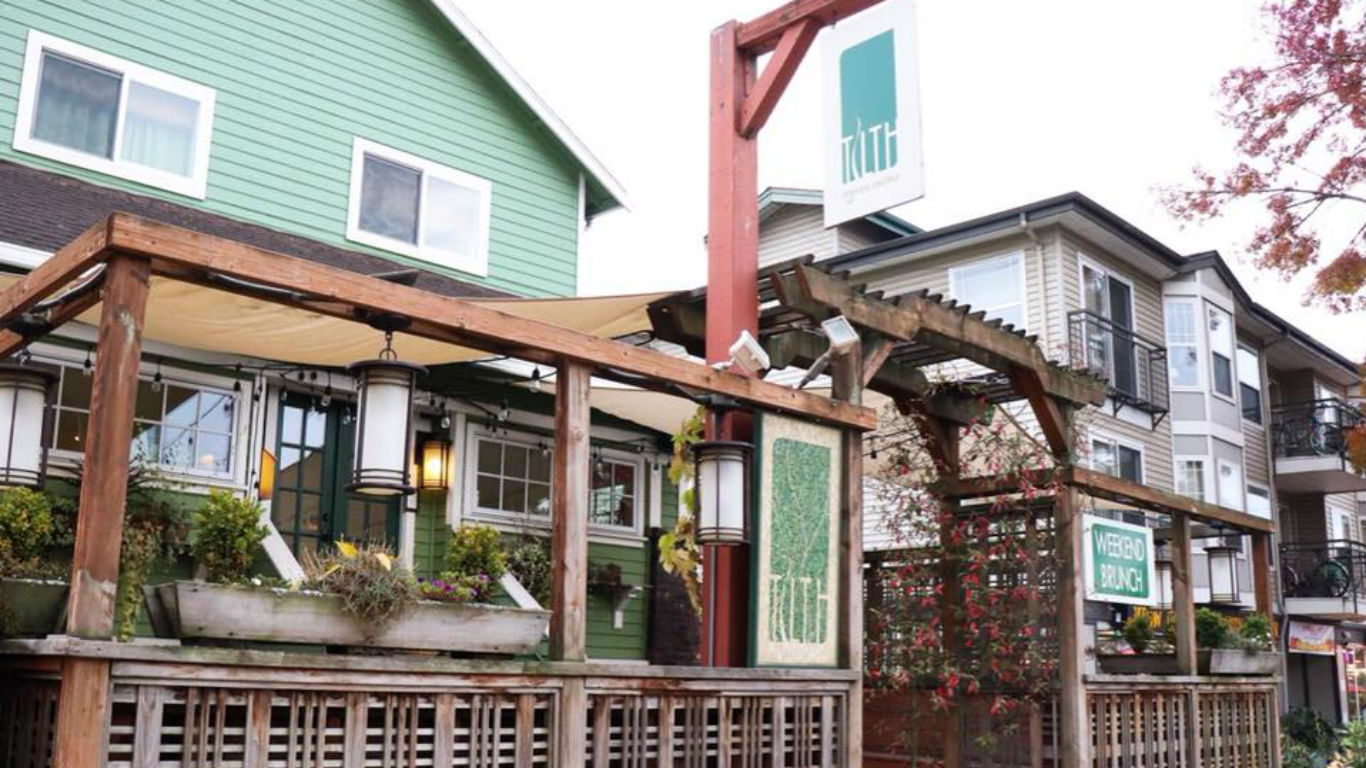
Washington: Tilth
> Location: Seattle
Oct. 30 will mark the end for this James Beard Award-winning restaurant, which the Seattle Times said “represented a movement in Seattle dining: talented, independent chefs expressing creativity and supporting local farmers.” Since COVID-19 hit, chef-owner Maria Hines told the publication, her business had dropped 70%. She added, though, that saving lives was more important than the shuttering of her establishment — an act she described as “downright trivial compared to a lot of the suffering people are going through.”
[in-text-ad-2]
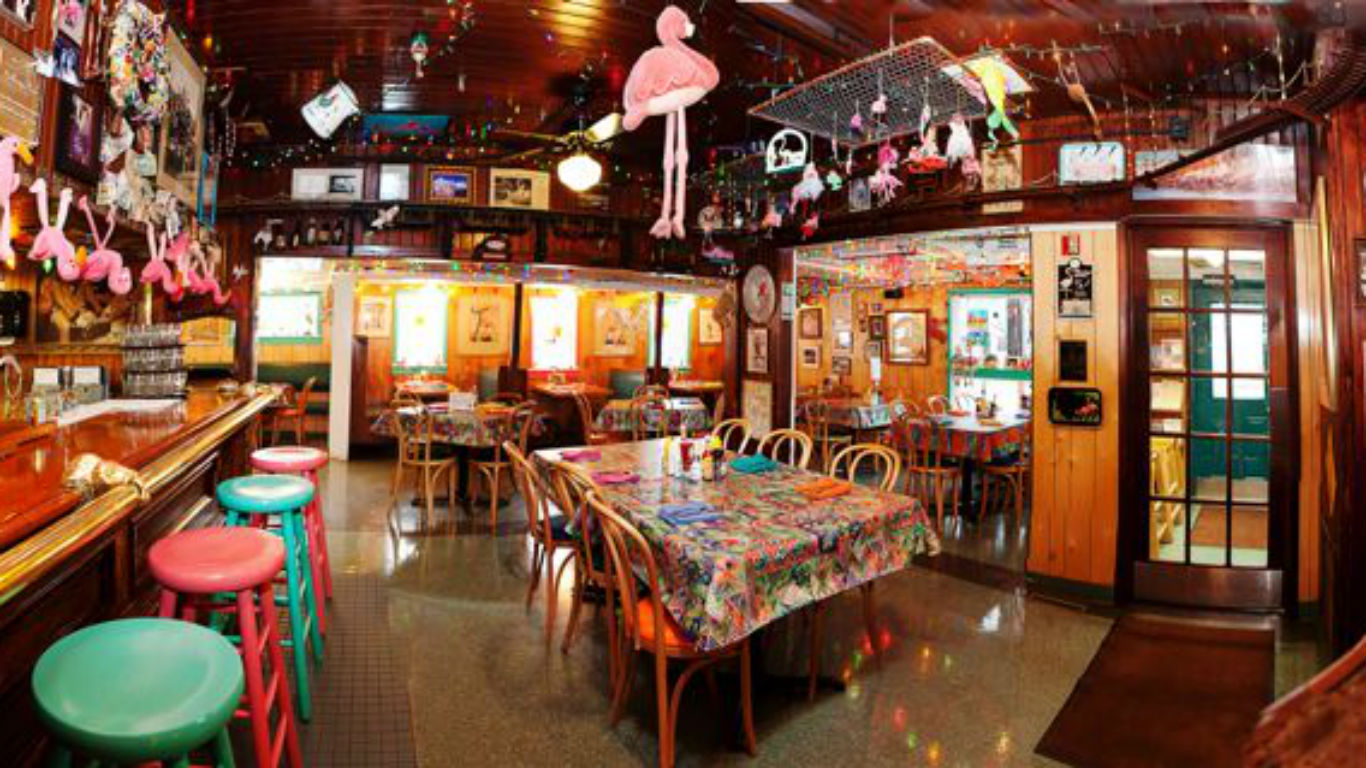
Wisconsin: Maggie’s
> Location: Bayfield
The description on the website of this casual eatery on the south shore of Lake Superior says: “Owner Mary H. Rice’s ode to flamingos, food and fun delivers the best of Bayfield’s fruits, vegetables and fresh fish to your table.” That’s no longer accurate, as the 40-year-old restaurant is now open only for takeout — and even that won’t last for much longer. On Oct. 20, Rice added a note to Maggie’s homepage that reads, “Moving through these uncertain times and with the daily changing industry landscape, on December 31st, 2020, the doors to Maggie’s will be closing permanently and I will be retiring from the restaurant world.”
Are you ahead, or behind on retirement? For families with more than $500,000 saved for retirement, finding a financial advisor who puts your interest first can be the difference, and today it’s easier than ever. SmartAsset’s free tool matches you with up to three fiduciary financial advisors who serve your area in minutes. Each advisor has been carefully vetted and must act in your best interests. Start your search now.
If you’ve saved and built a substantial nest egg for you and your family, don’t delay; get started right here and help your retirement dreams become a retirement reality.
Thank you for reading! Have some feedback for us?
Contact the 24/7 Wall St. editorial team.